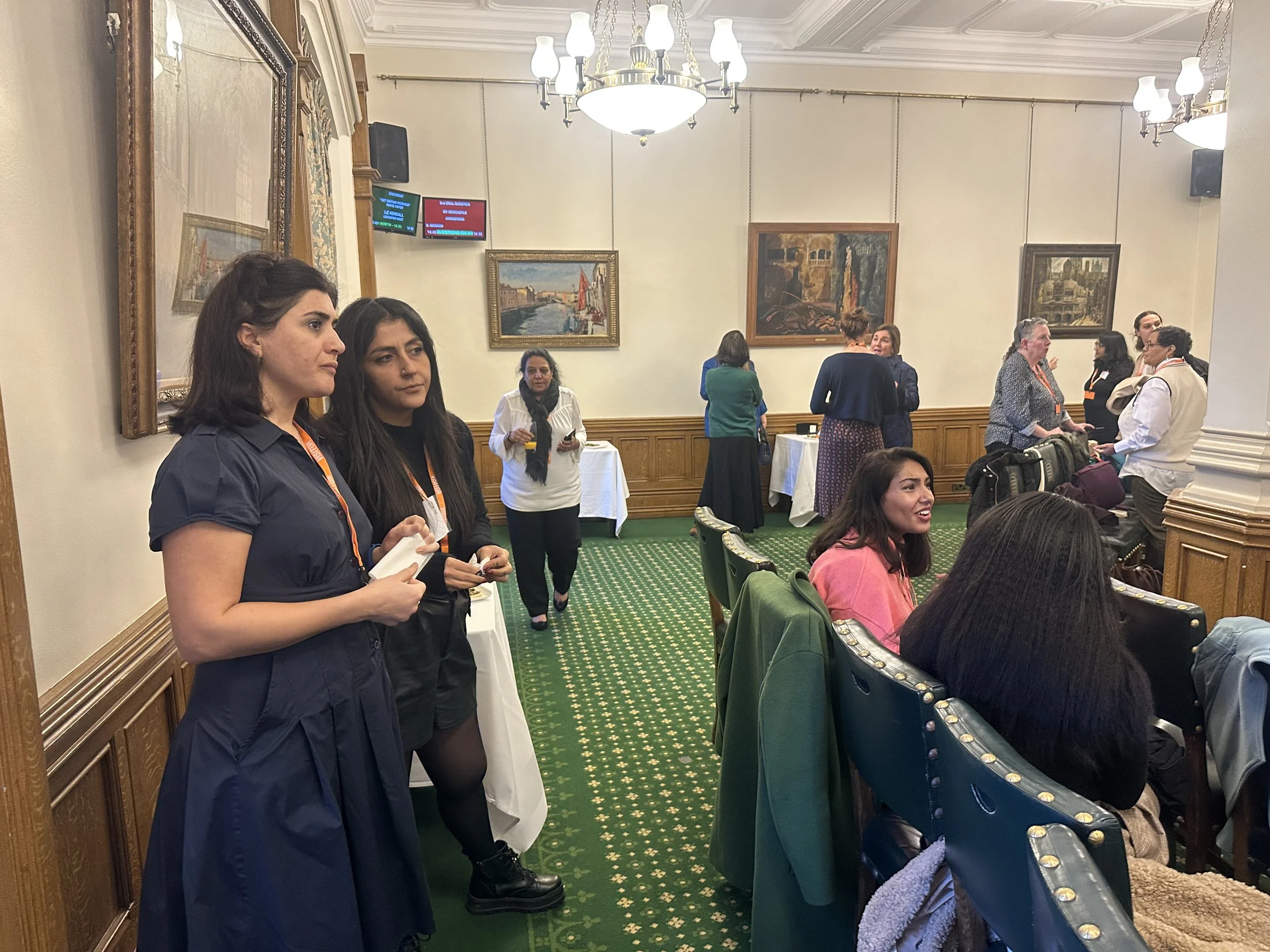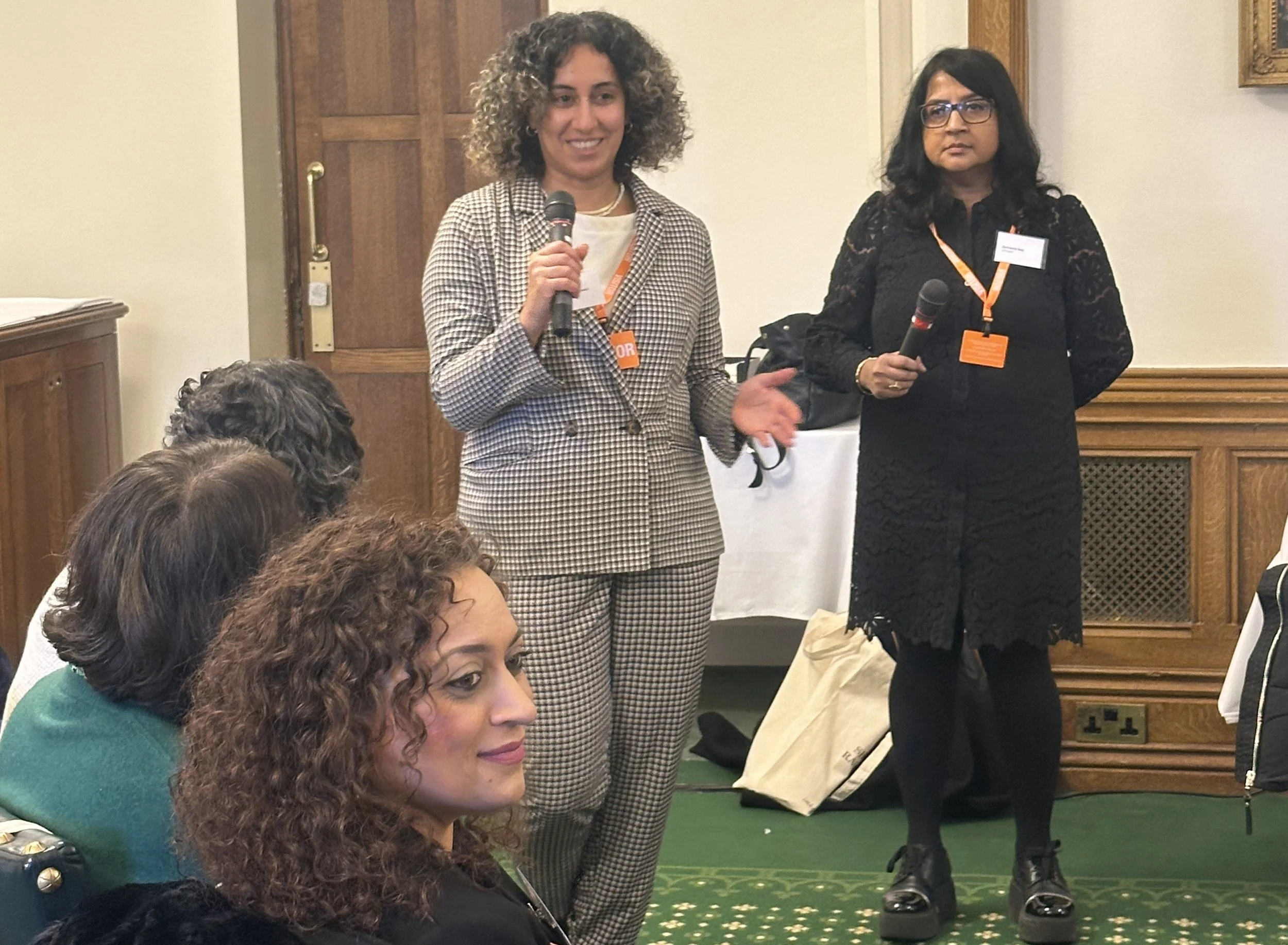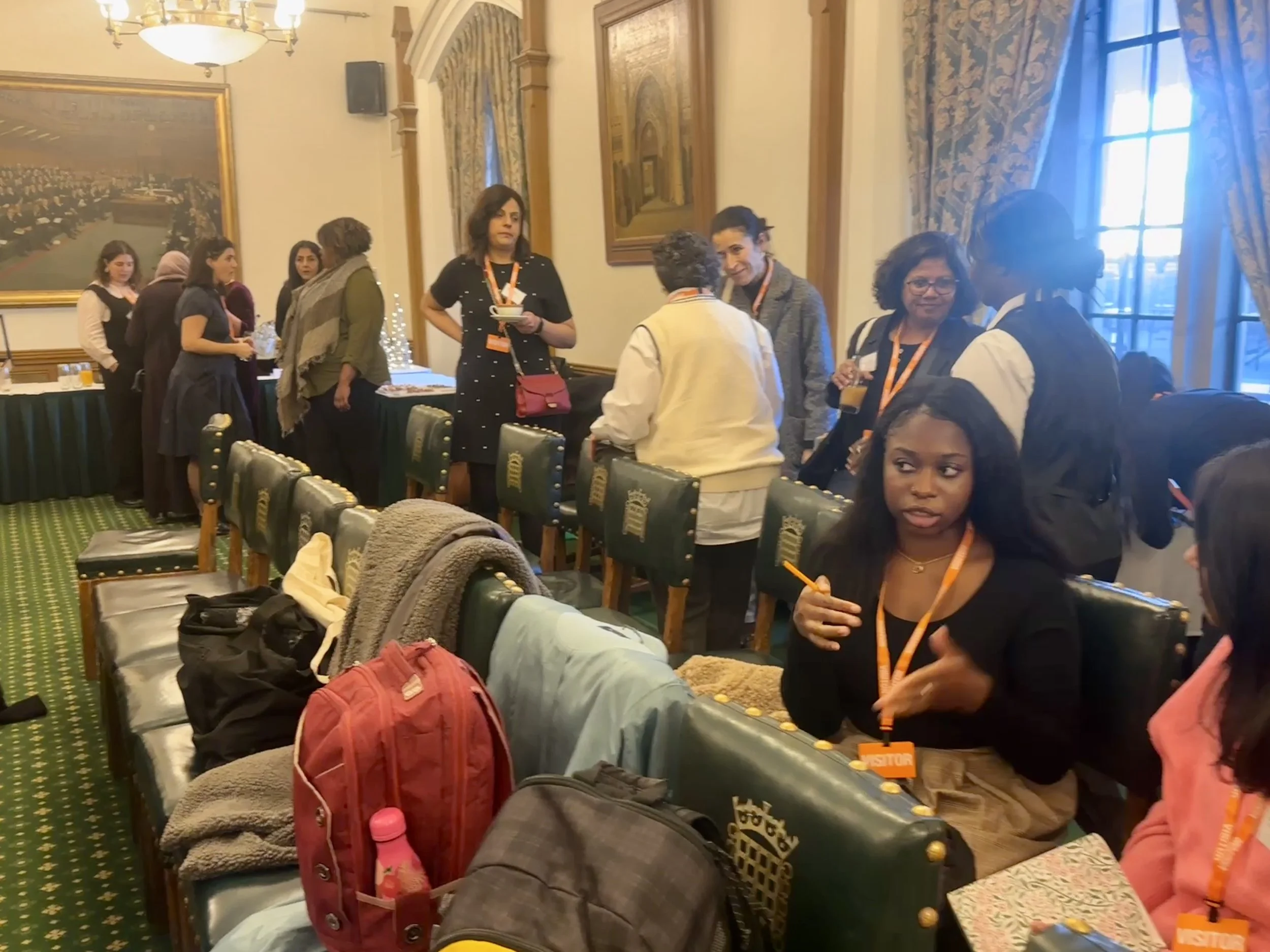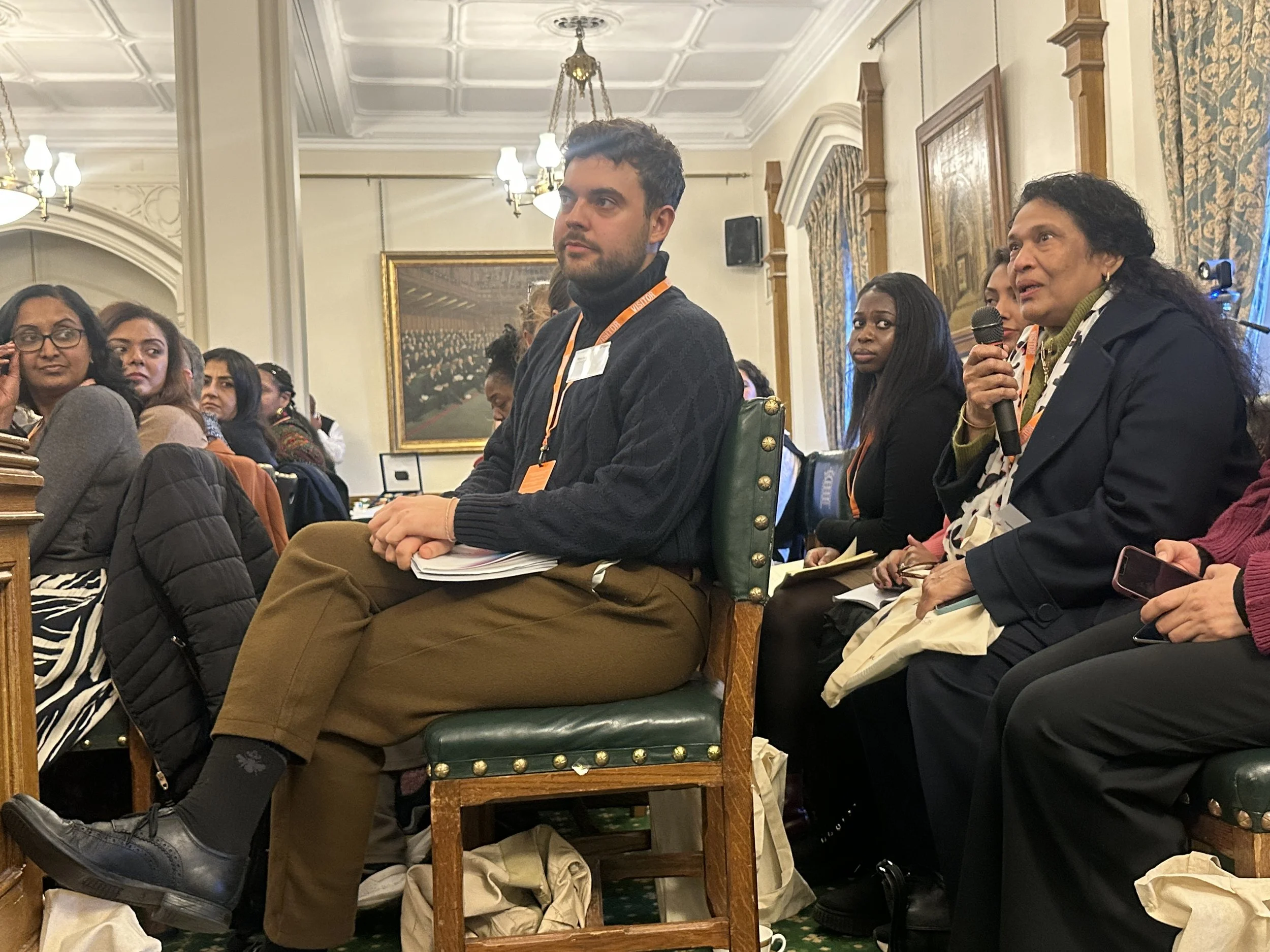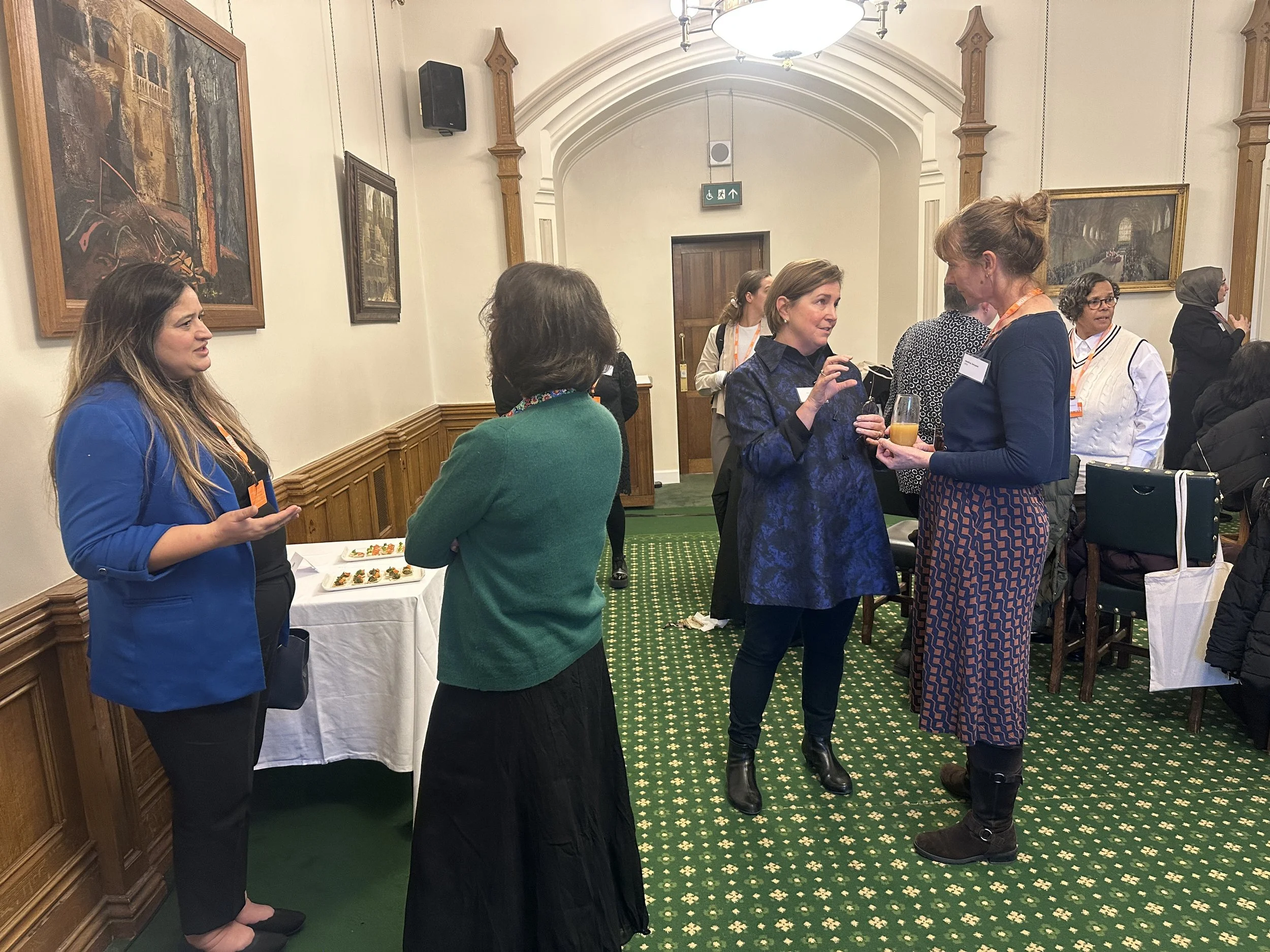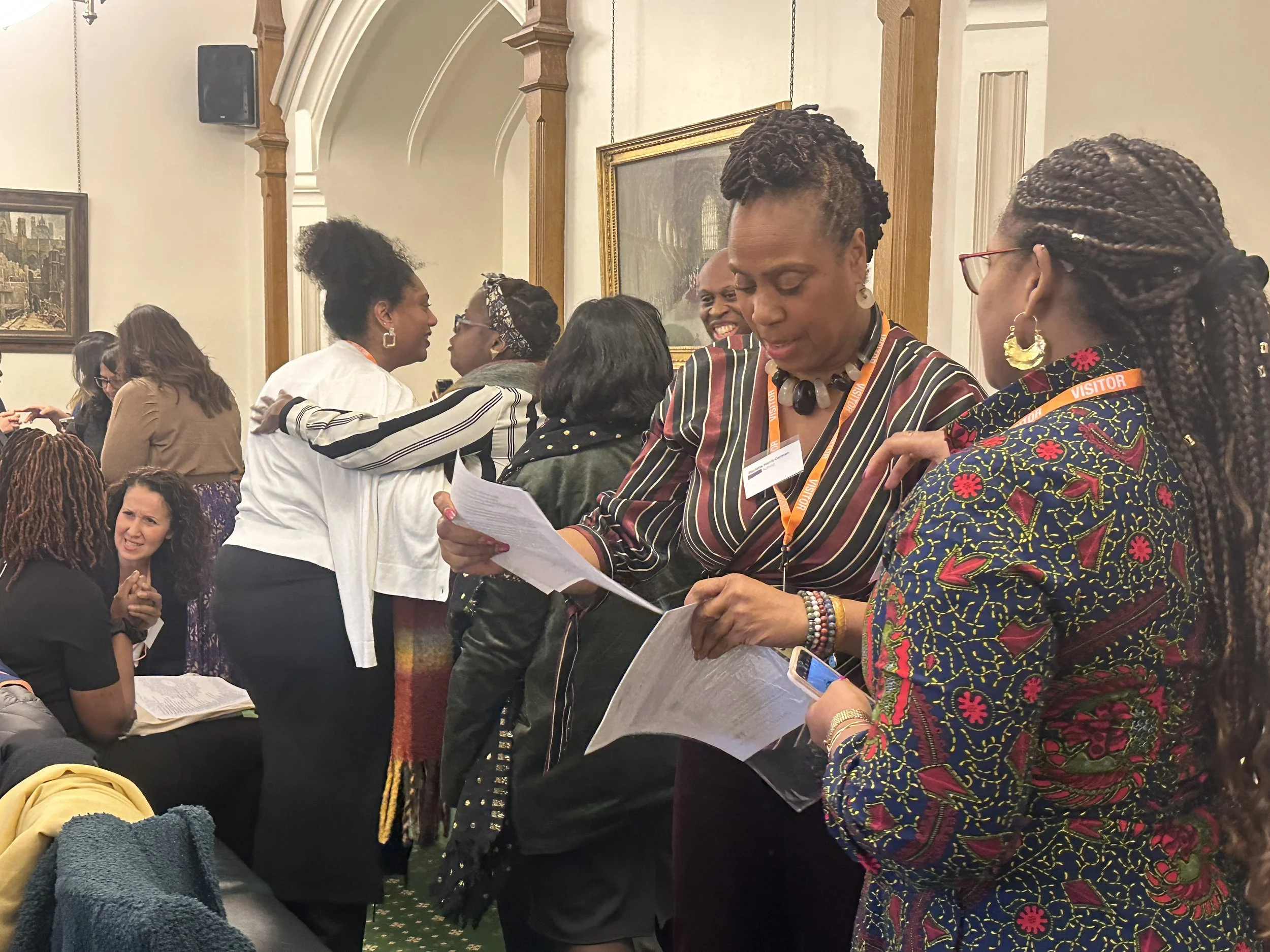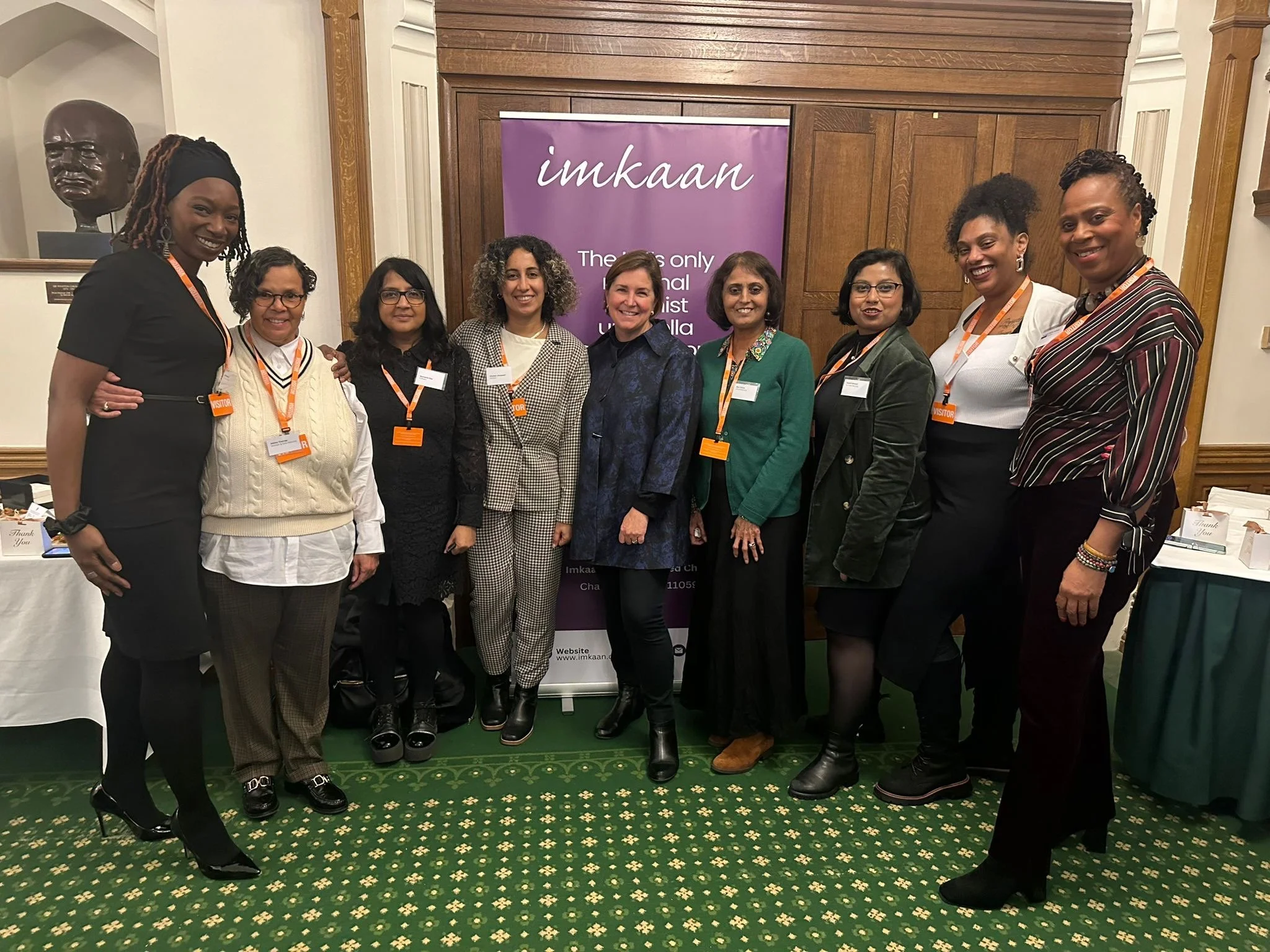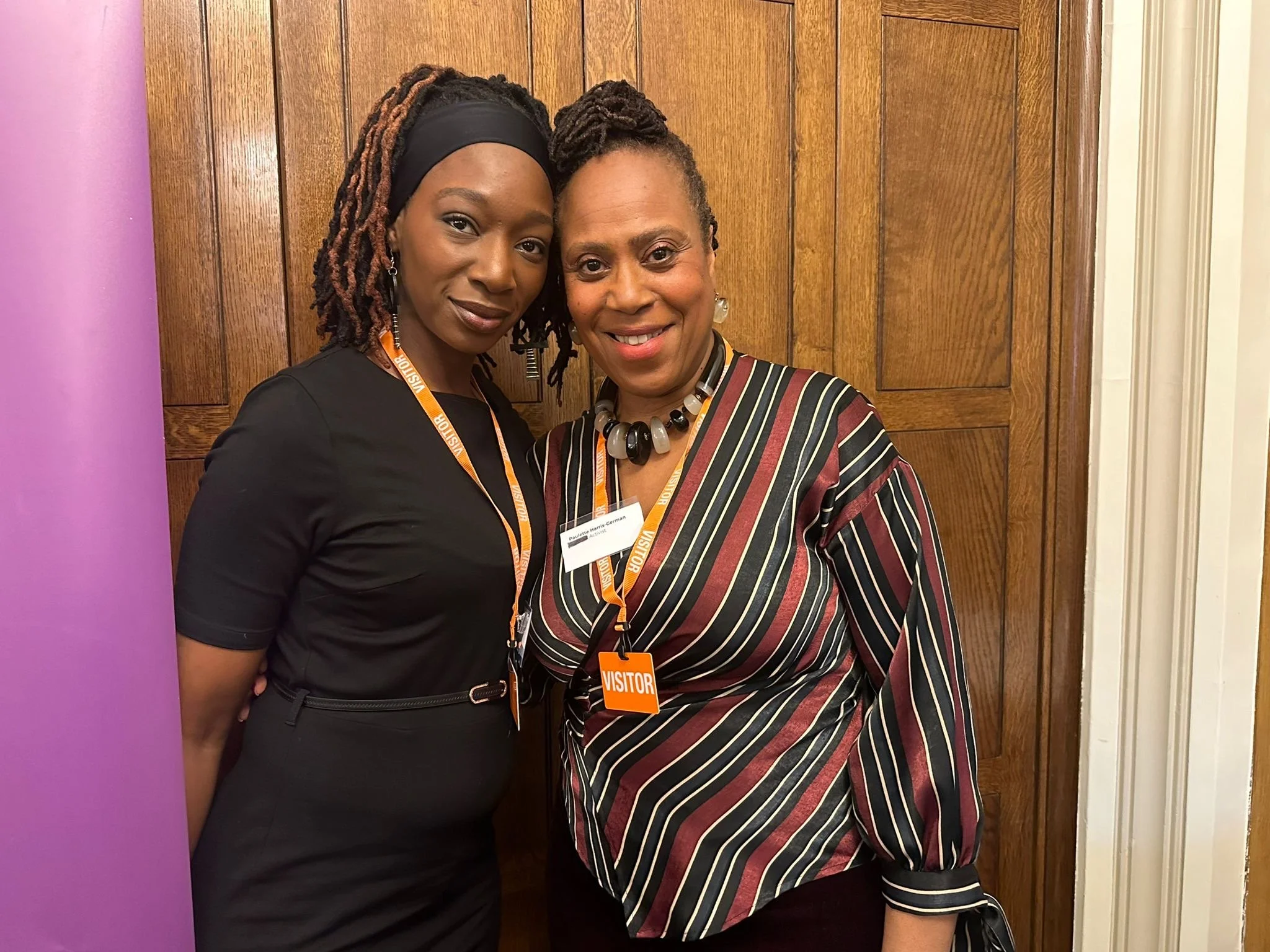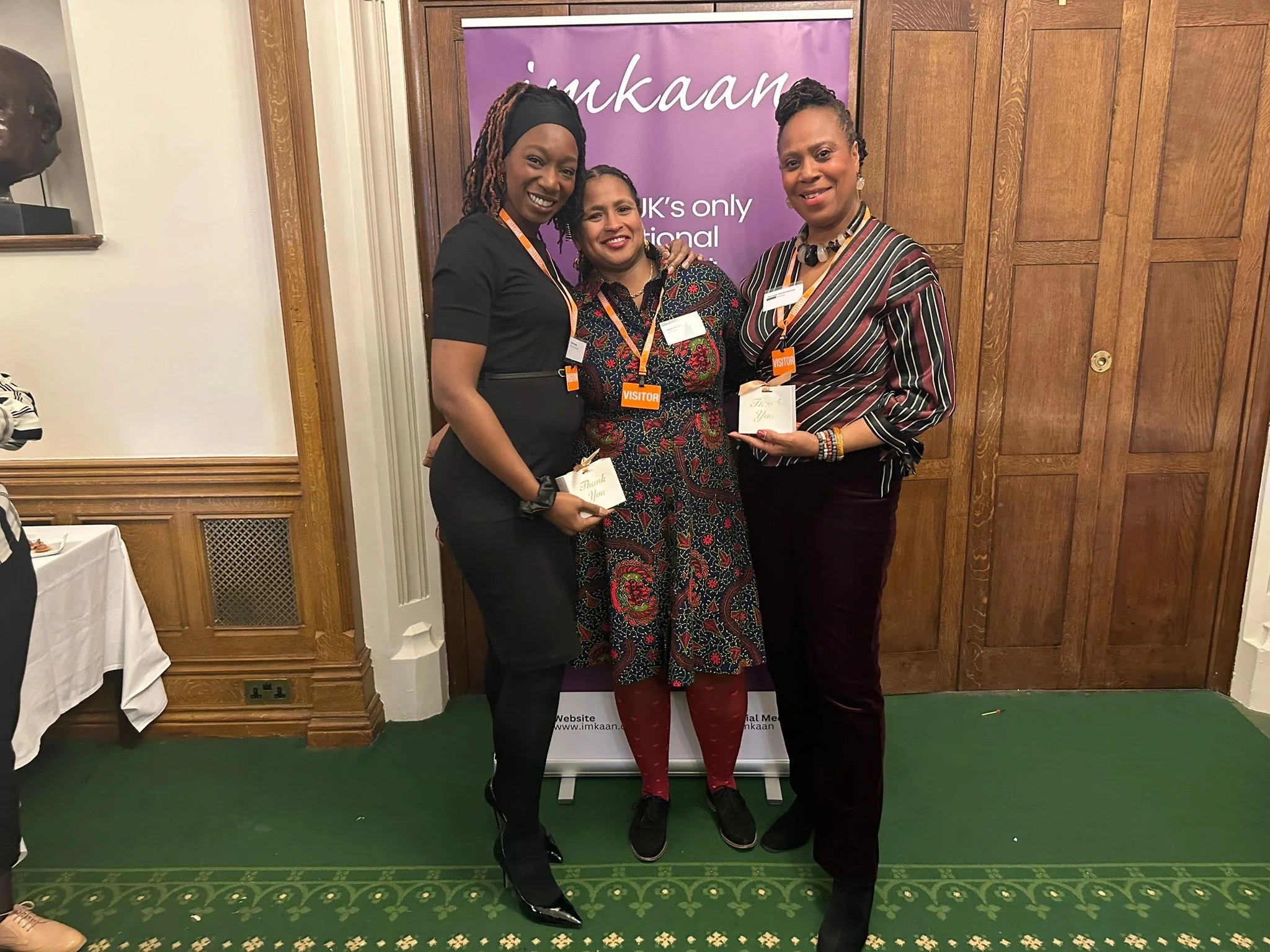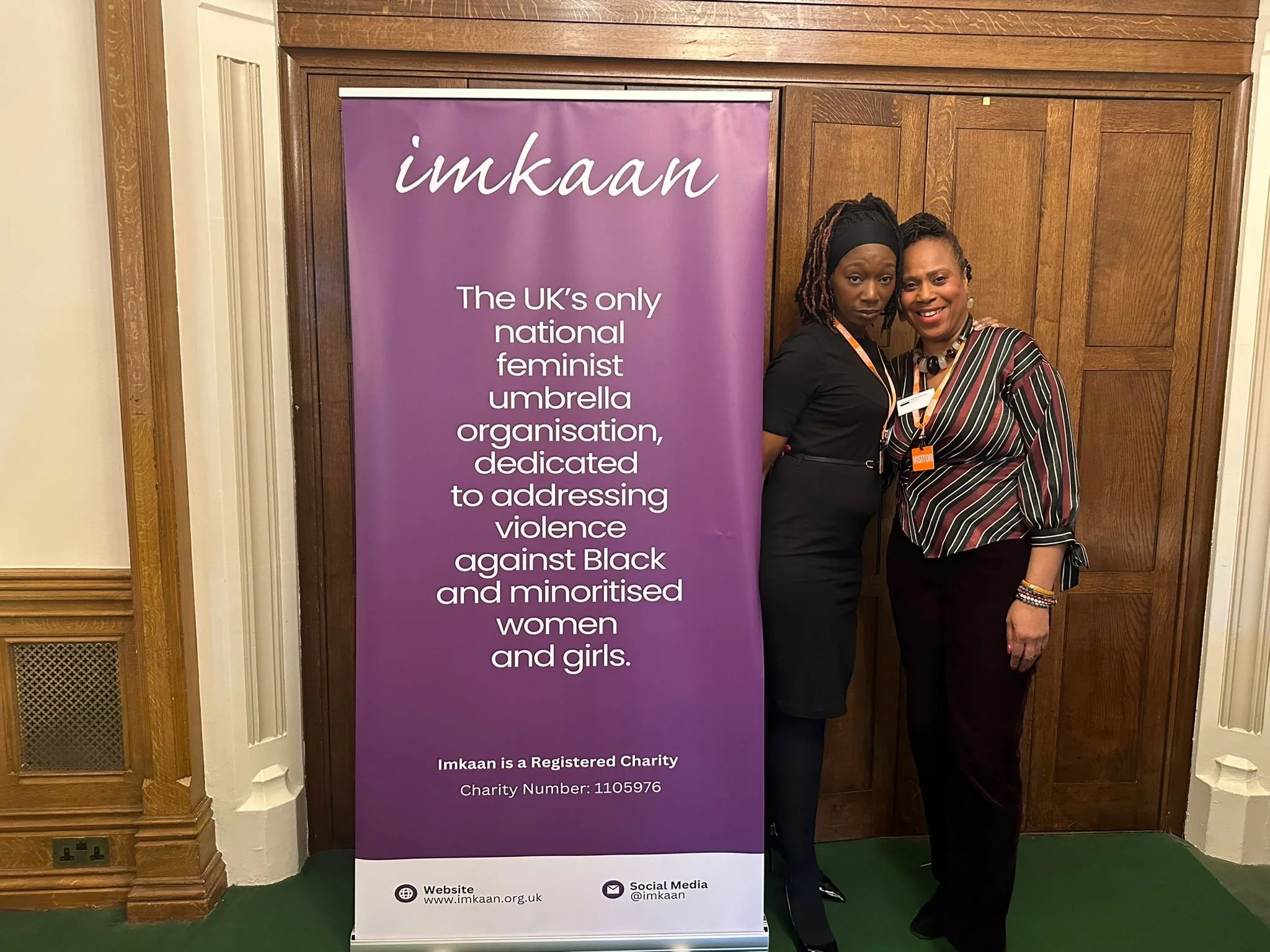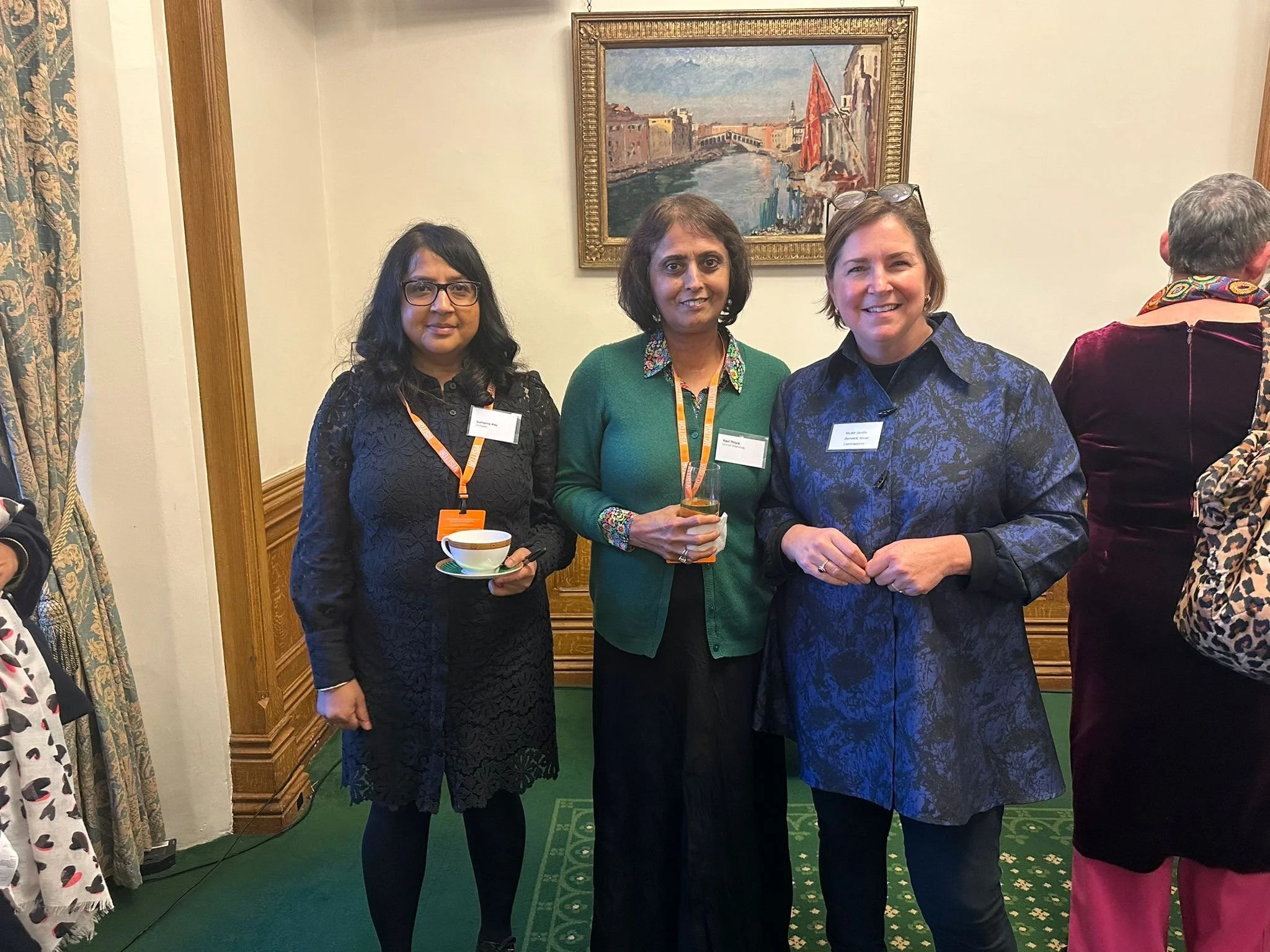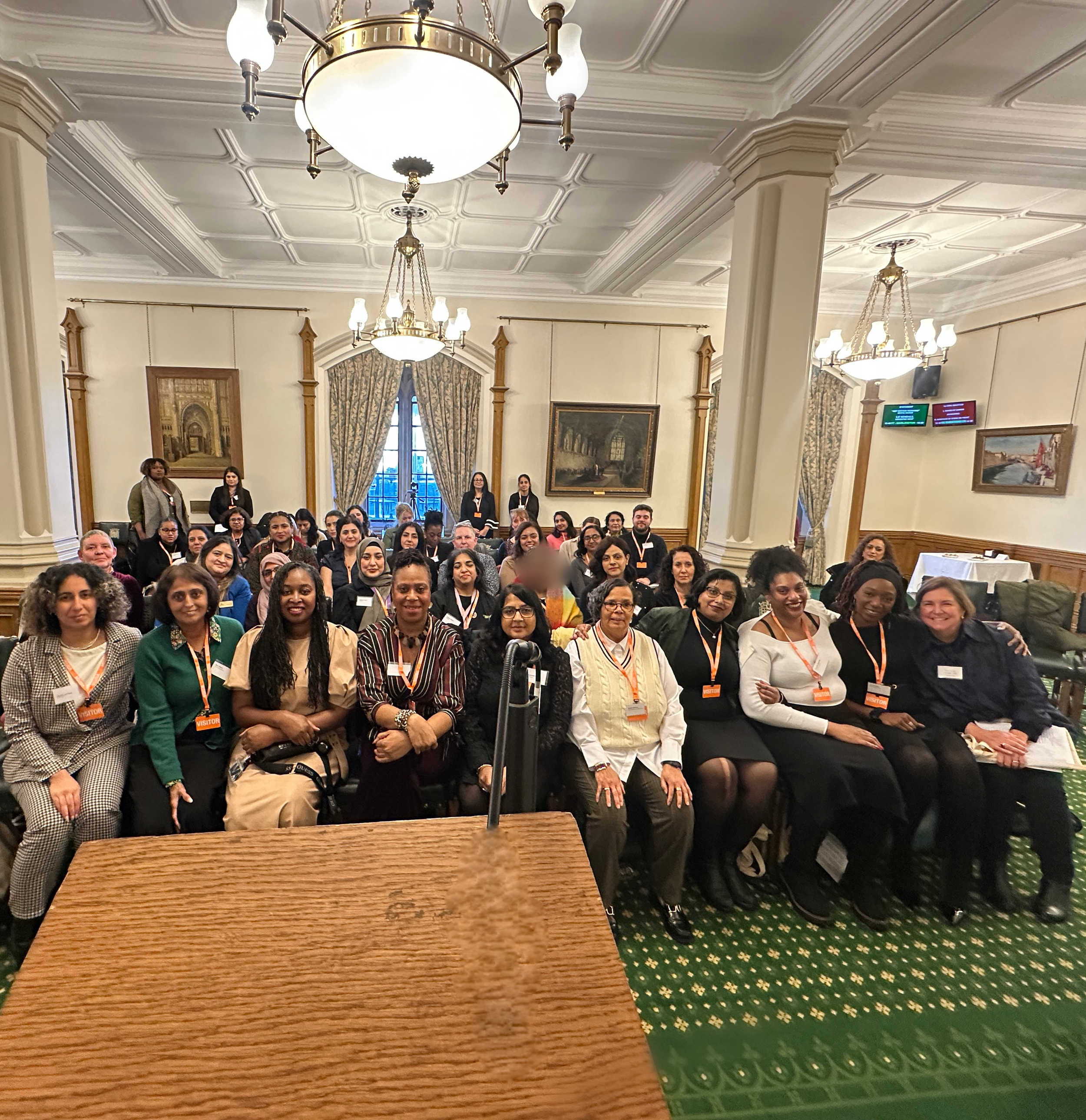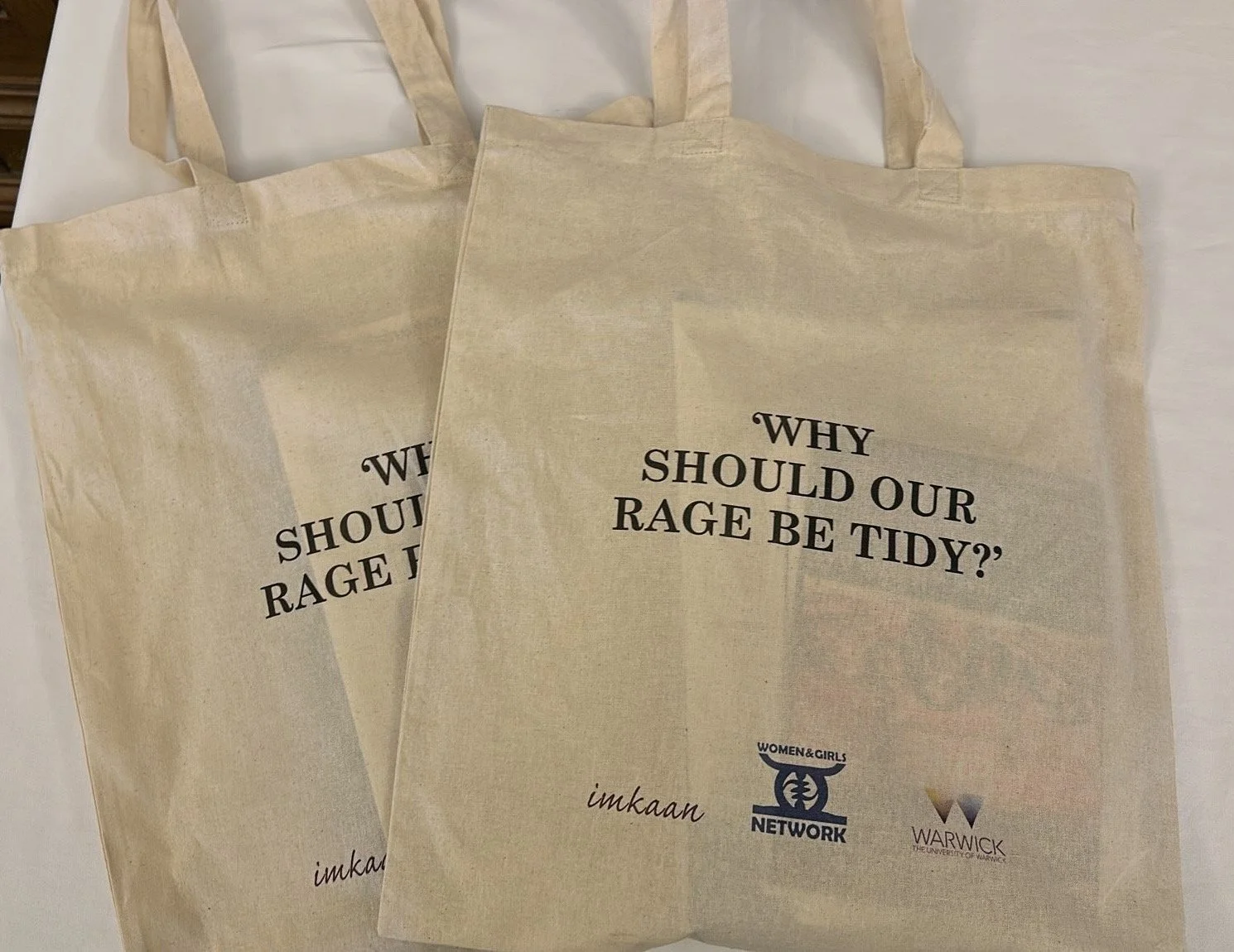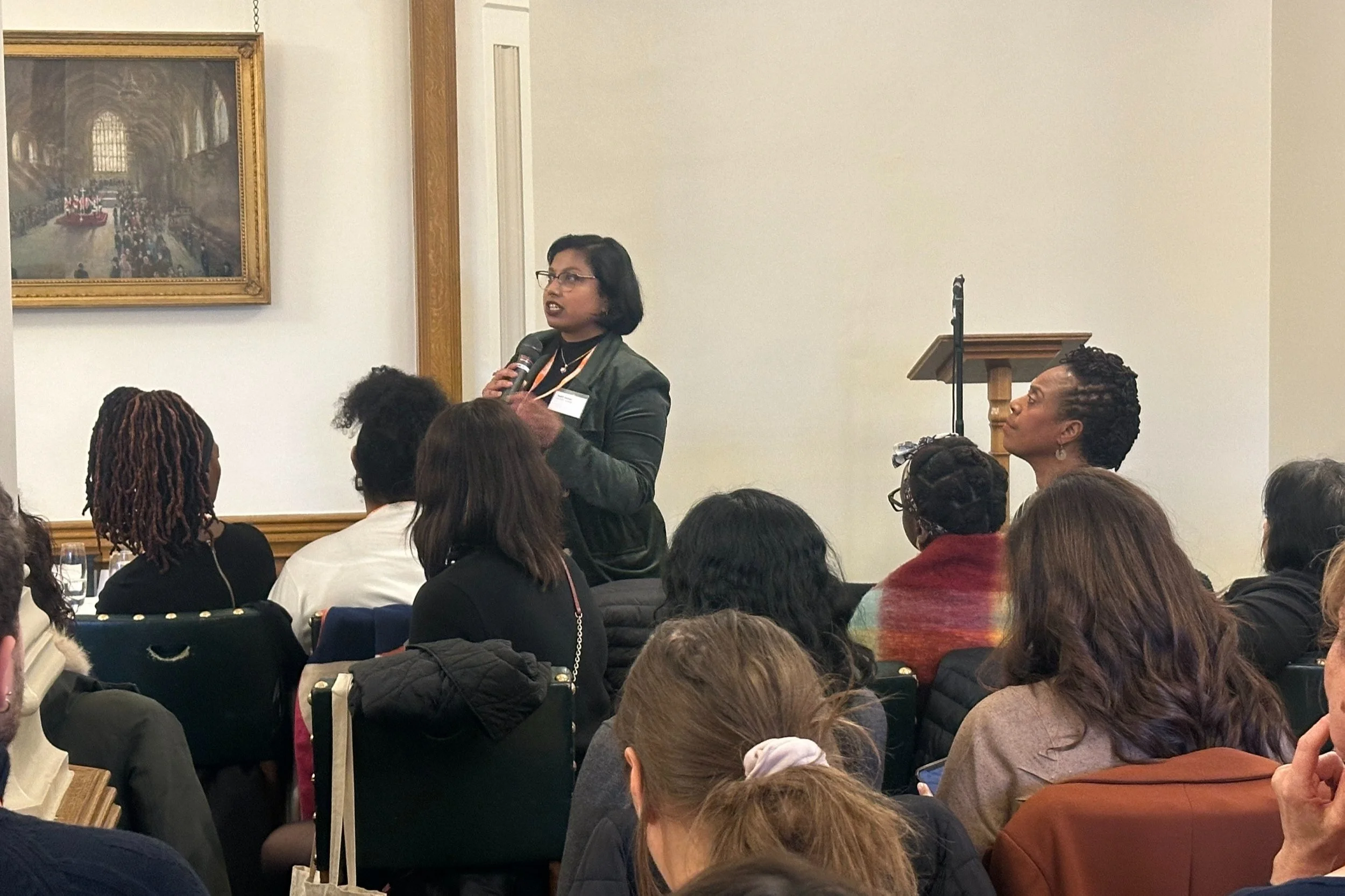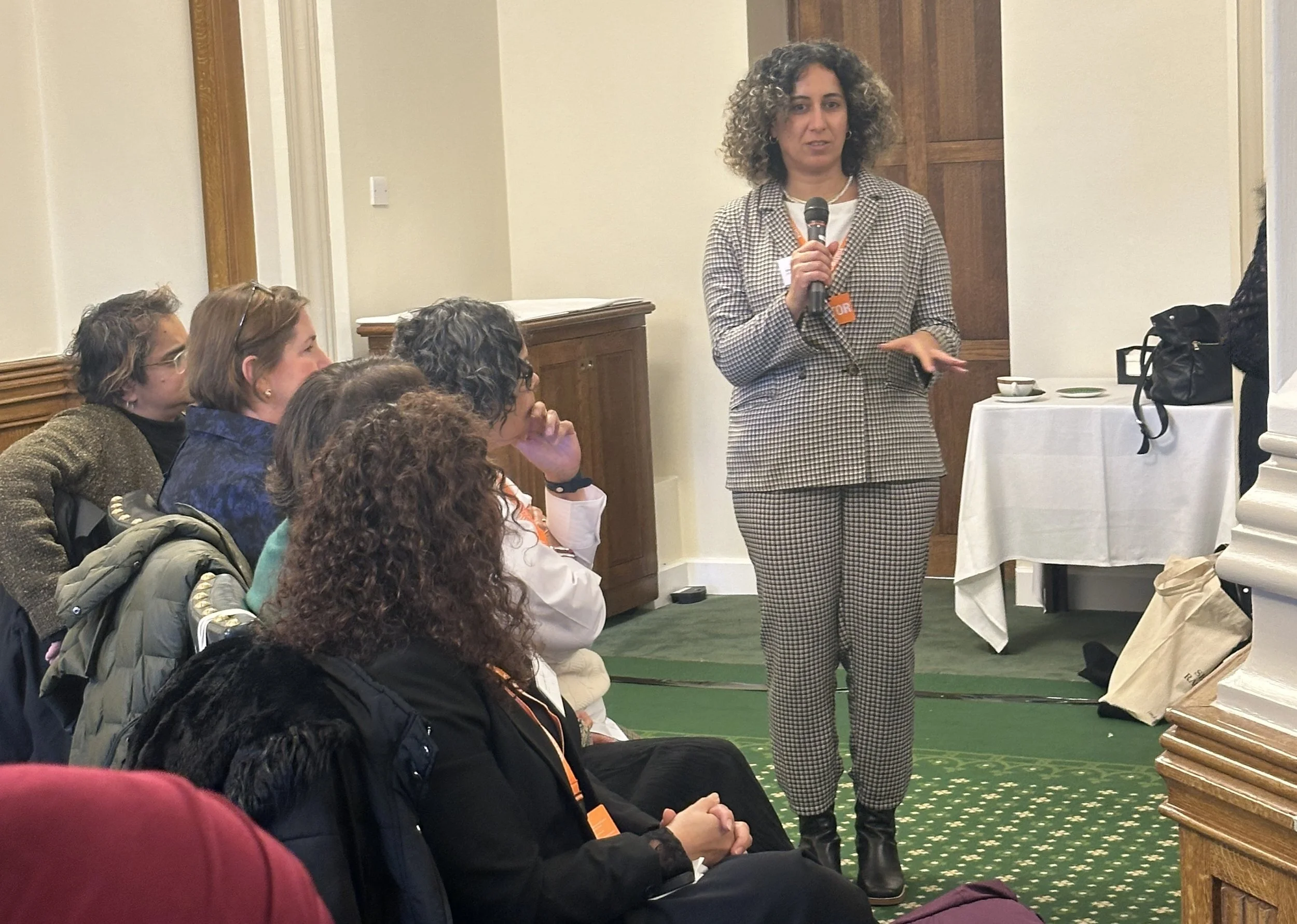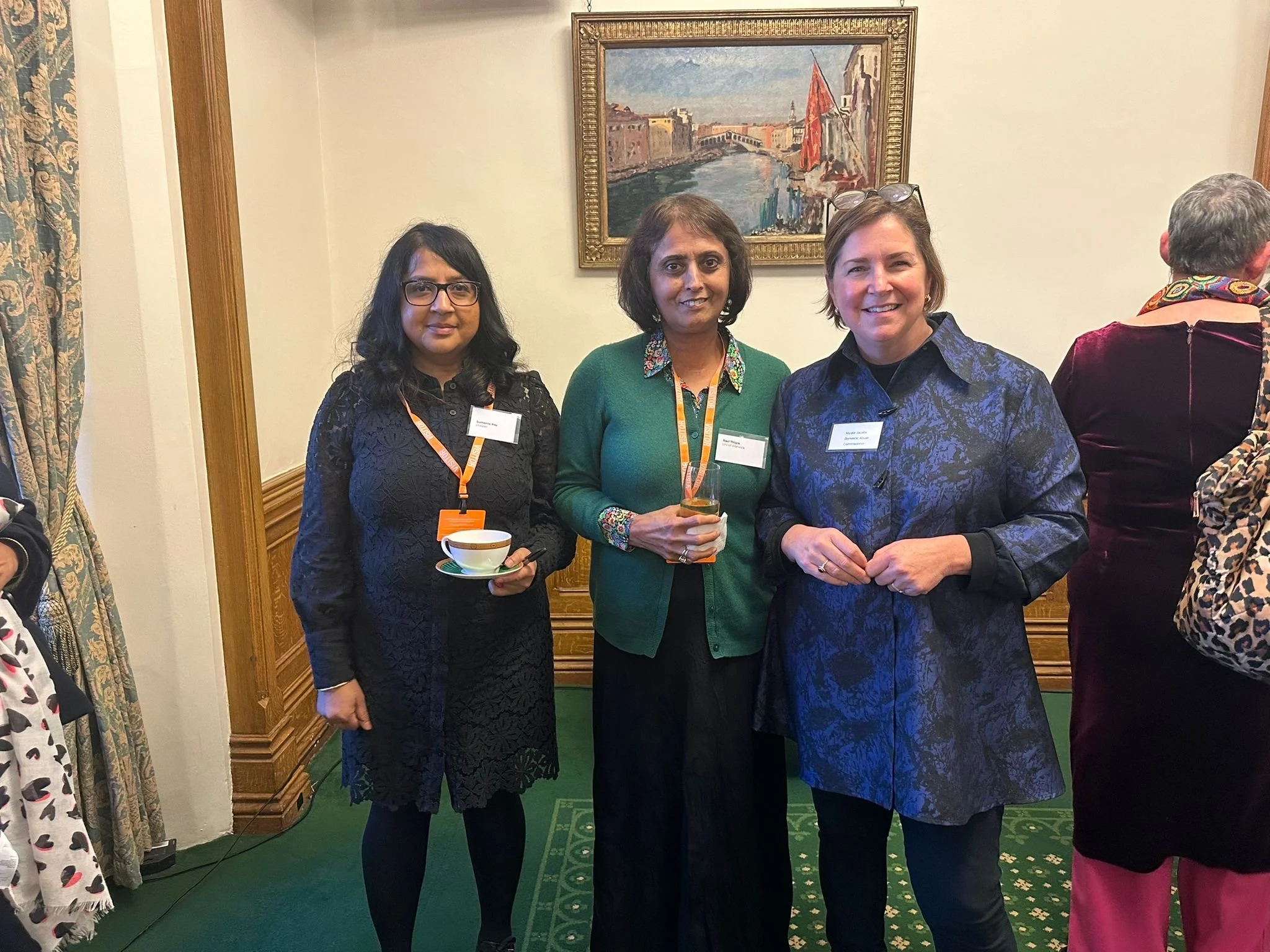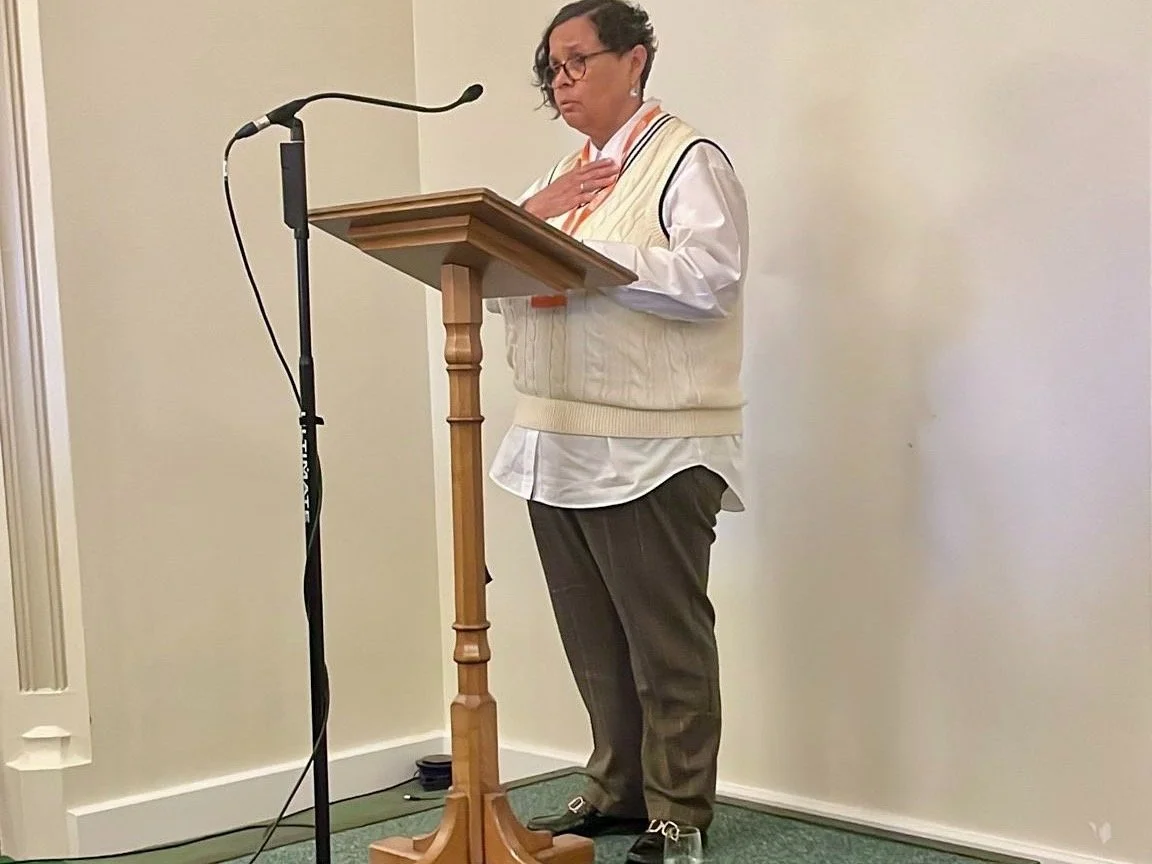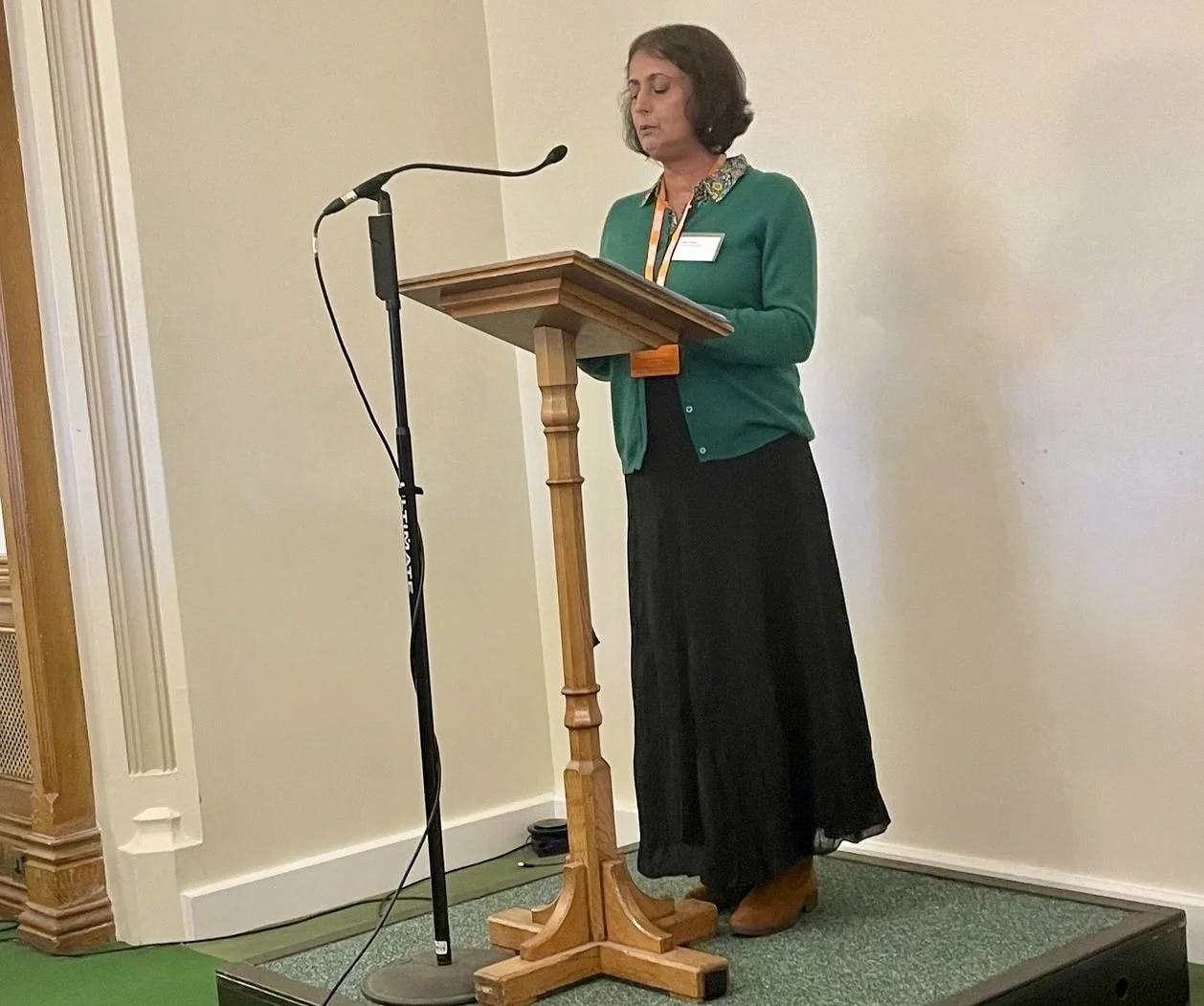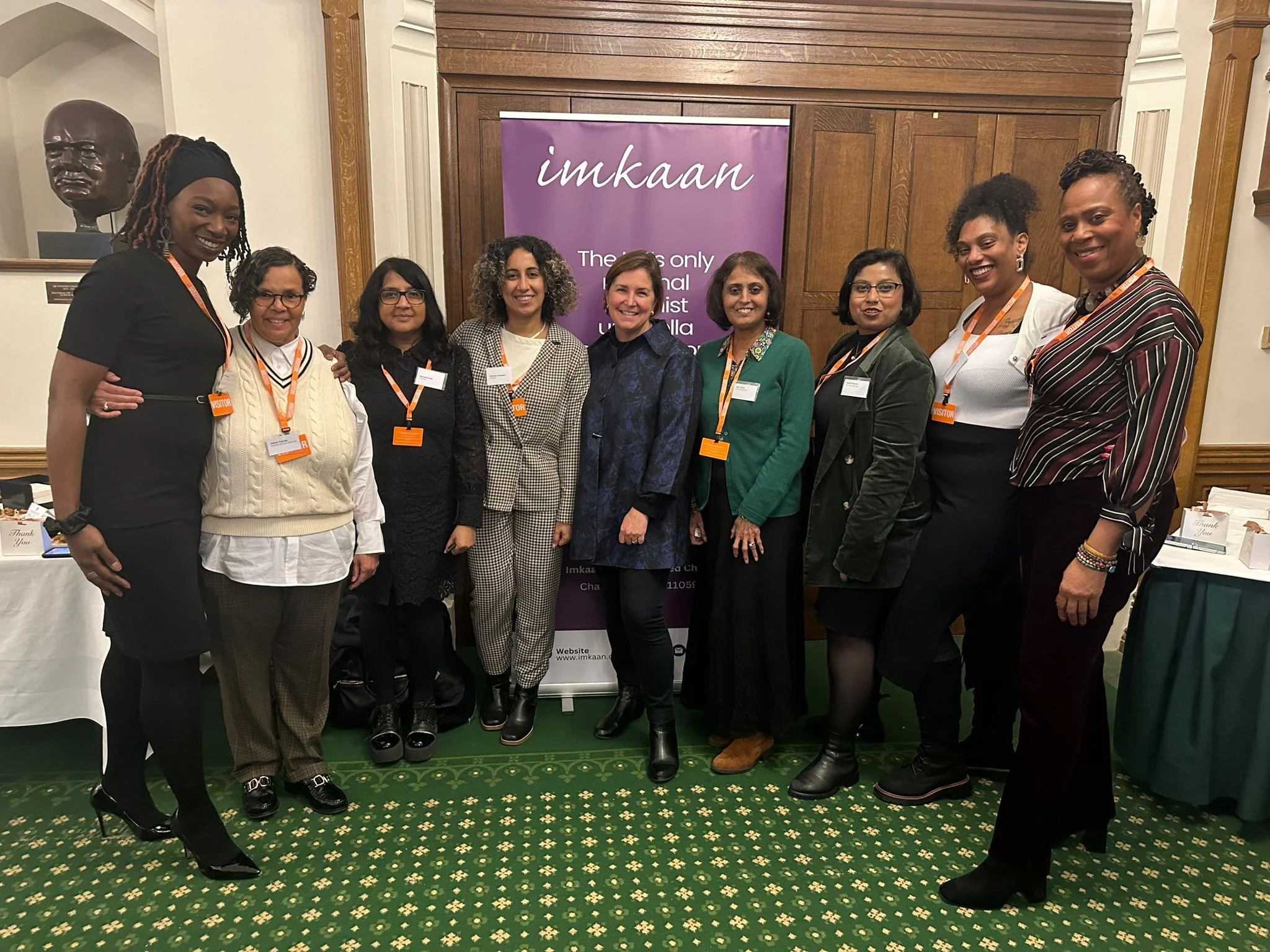
Why Should Our Rage Be Tidy? Parliamentary Launch - Reflecting on our Event and beyond
Tuesday 3rd December 2024
This time last week, we had the privilege of launching Why Should Our Rage Be Tidy?, our latest report, in Parliament, hosted by Dawn Butler MP. This event marked a pivotal moment for us at Imkaan, as it centred on the urgent need to address the interconnected impacts of violence, abuse, trauma, and mental health for Black and minoritised women and girls; and the need for structured systemic change.
We were joined by around 100 attendees, including over 60 organisations, sector leaders, changemakers, and survivor-activists, both in the room and via livestream. Together, we elevated the voices of those most affected by systemic injustices and explored the critical changes needed to dismantle the structures that perpetuate harm.
A Platform for Change
The parliamentary event was not just about launching a report - it was about creating a platform where survivors’ voices could be heard, loud and clear. Survivor activists were at the heart of this day, sharing their lived experiences, strength, and powerful calls for change. Their testimonies reminded everyone in the room of the human cost of violence against Black and minoritised women and girls (VAWG) and the urgent need for action.
It was also a moment of immense pride for us at Imkaan to see such wide representation from across the VAWG sector and beyond. From frontline service providers to national leaders, the room was filled with those committed to driving change; a pivotal moment to advocate for fair and sustainable funding, policy reform, and accountability in centring the lived experiences of Black and minoritised women. The feedback of everyone in the room, reaffirmed the importance of our work and the shared determination to make meaningful progress.
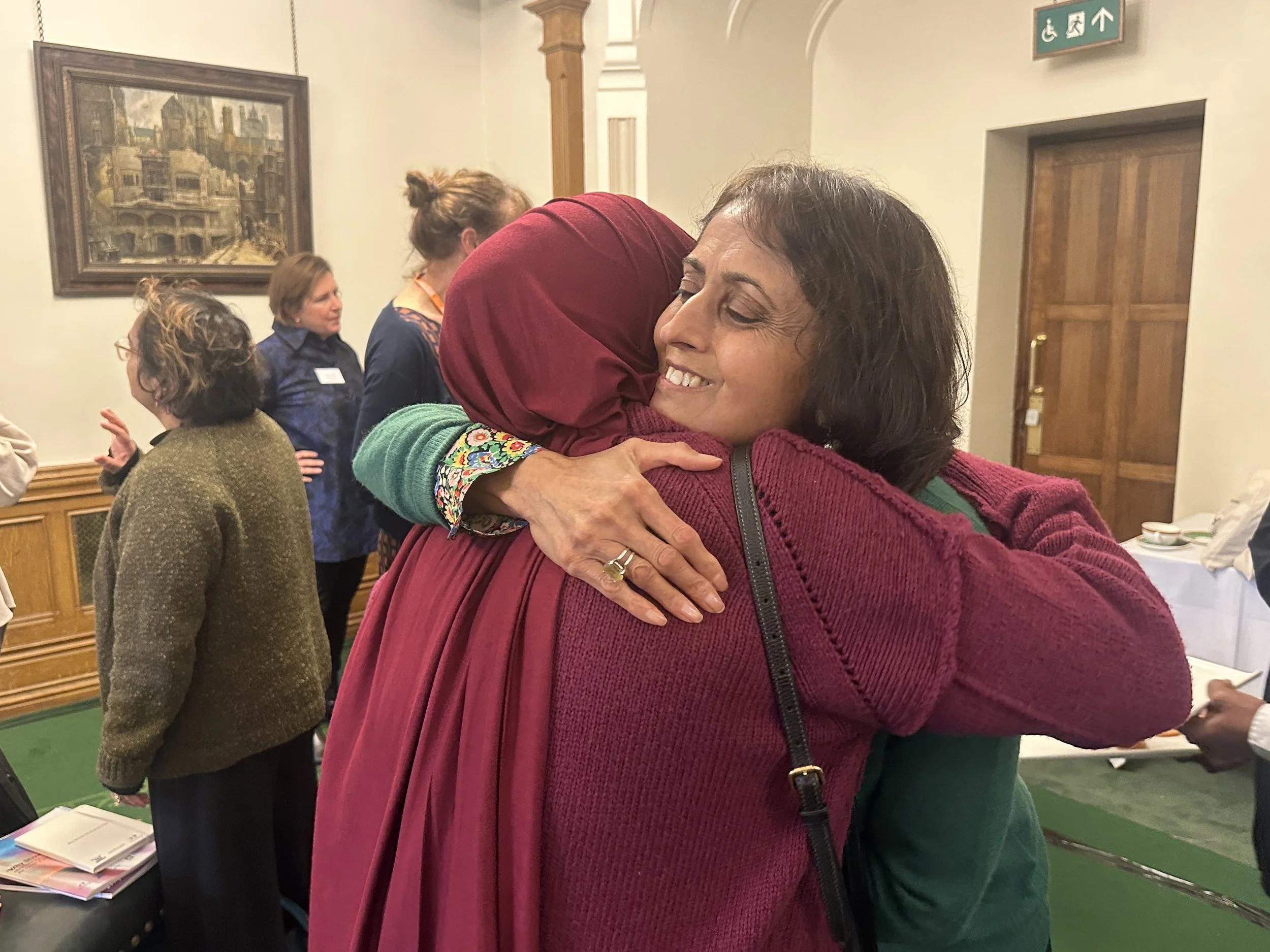
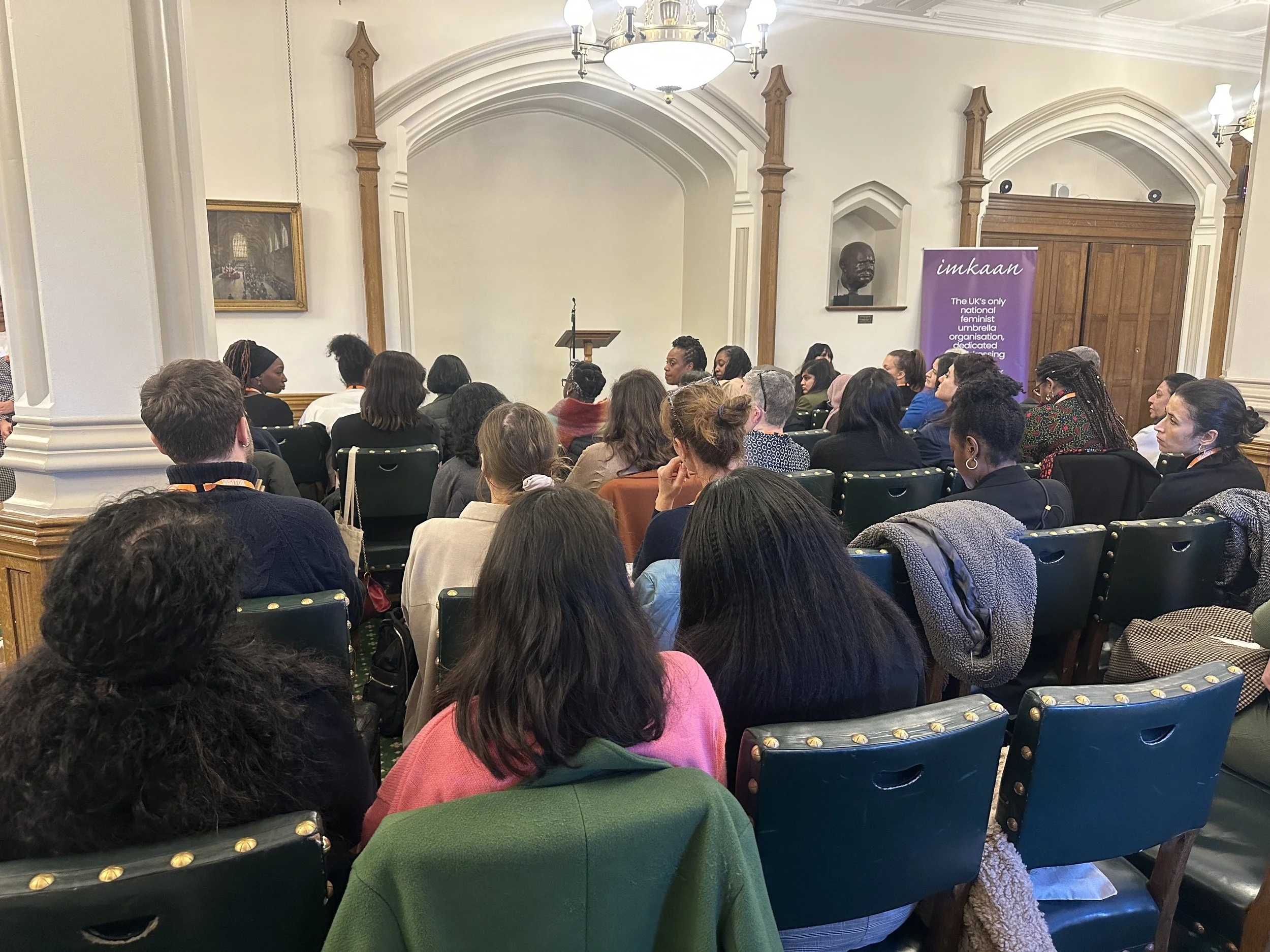
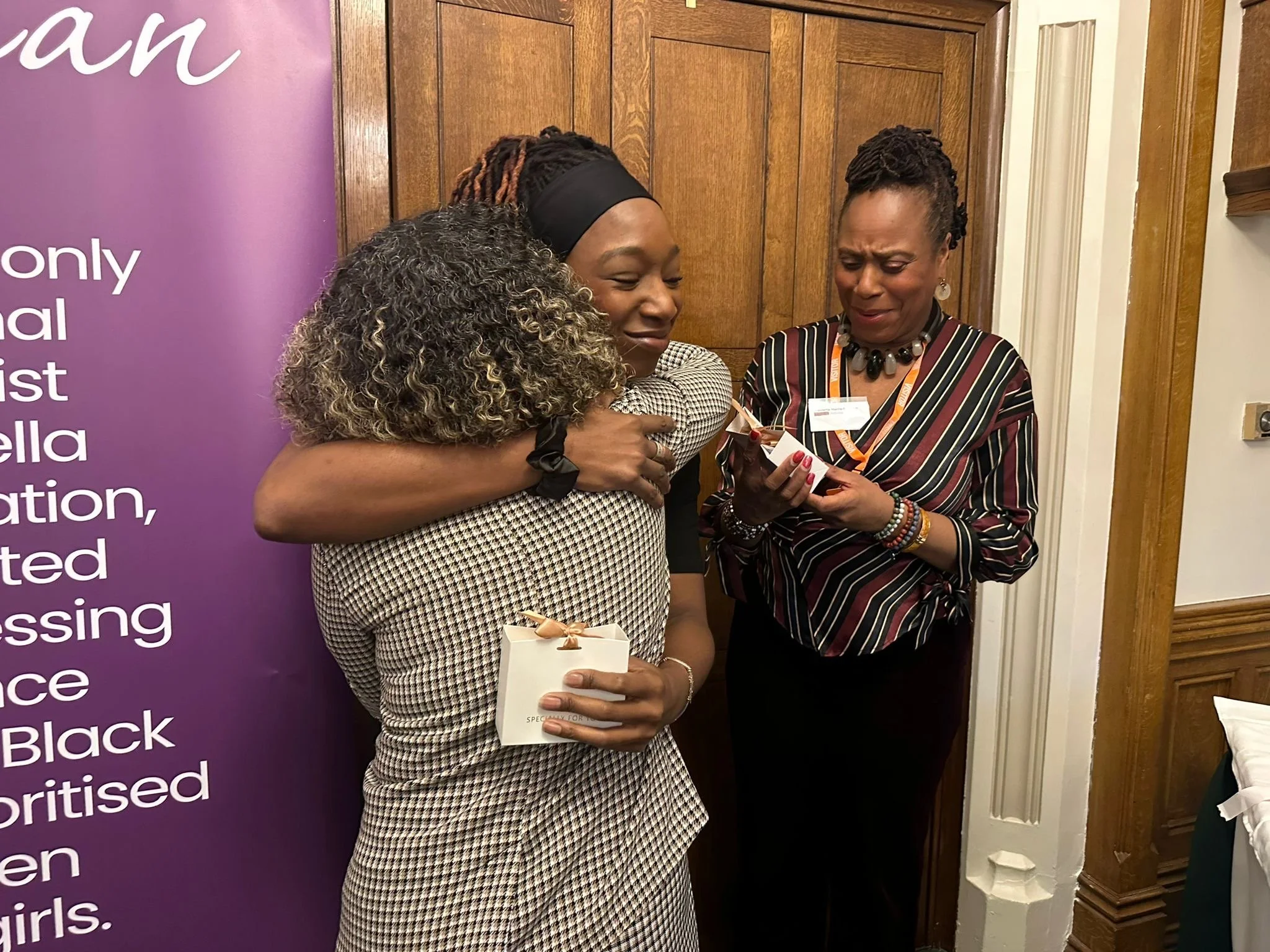
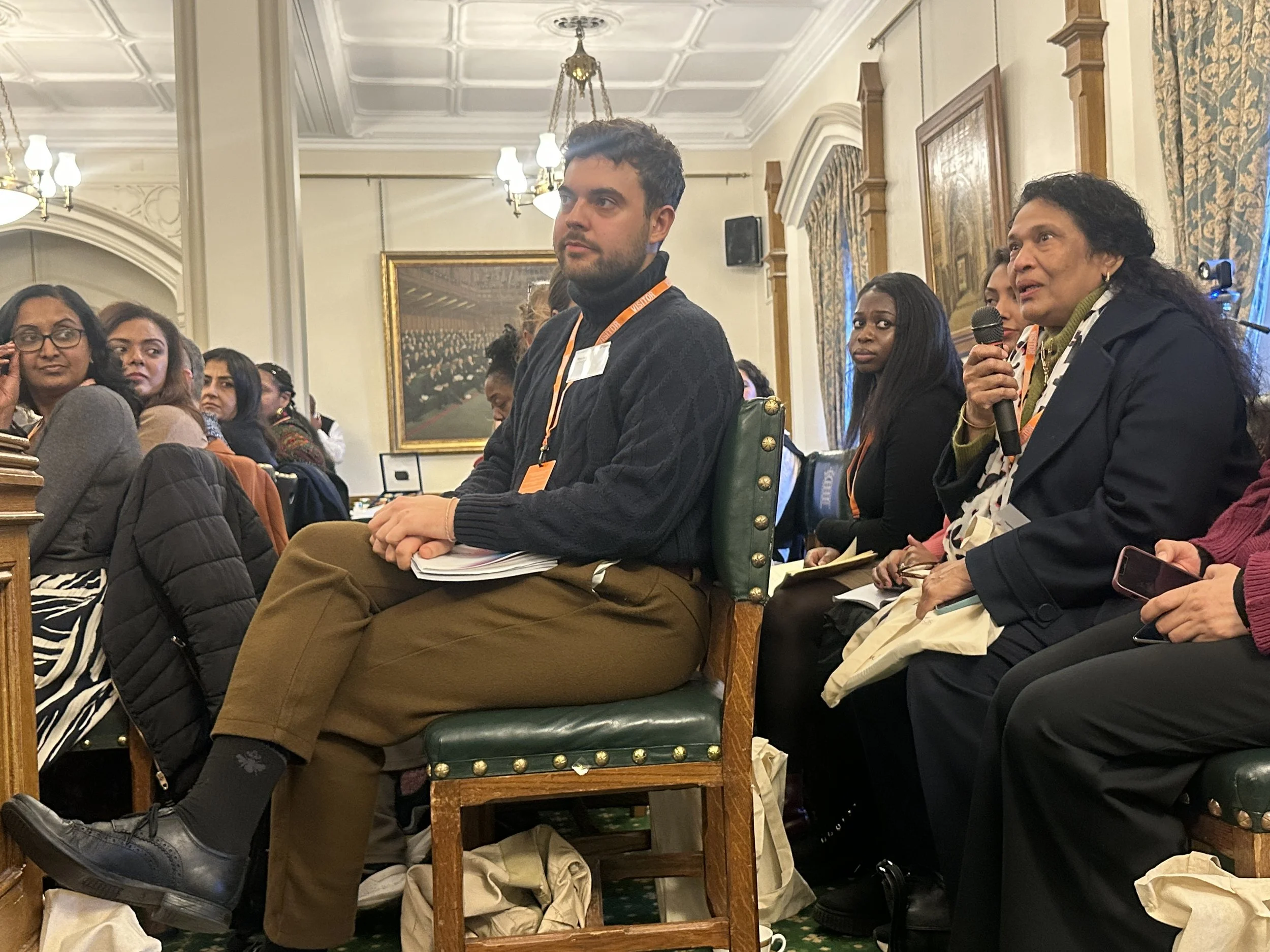
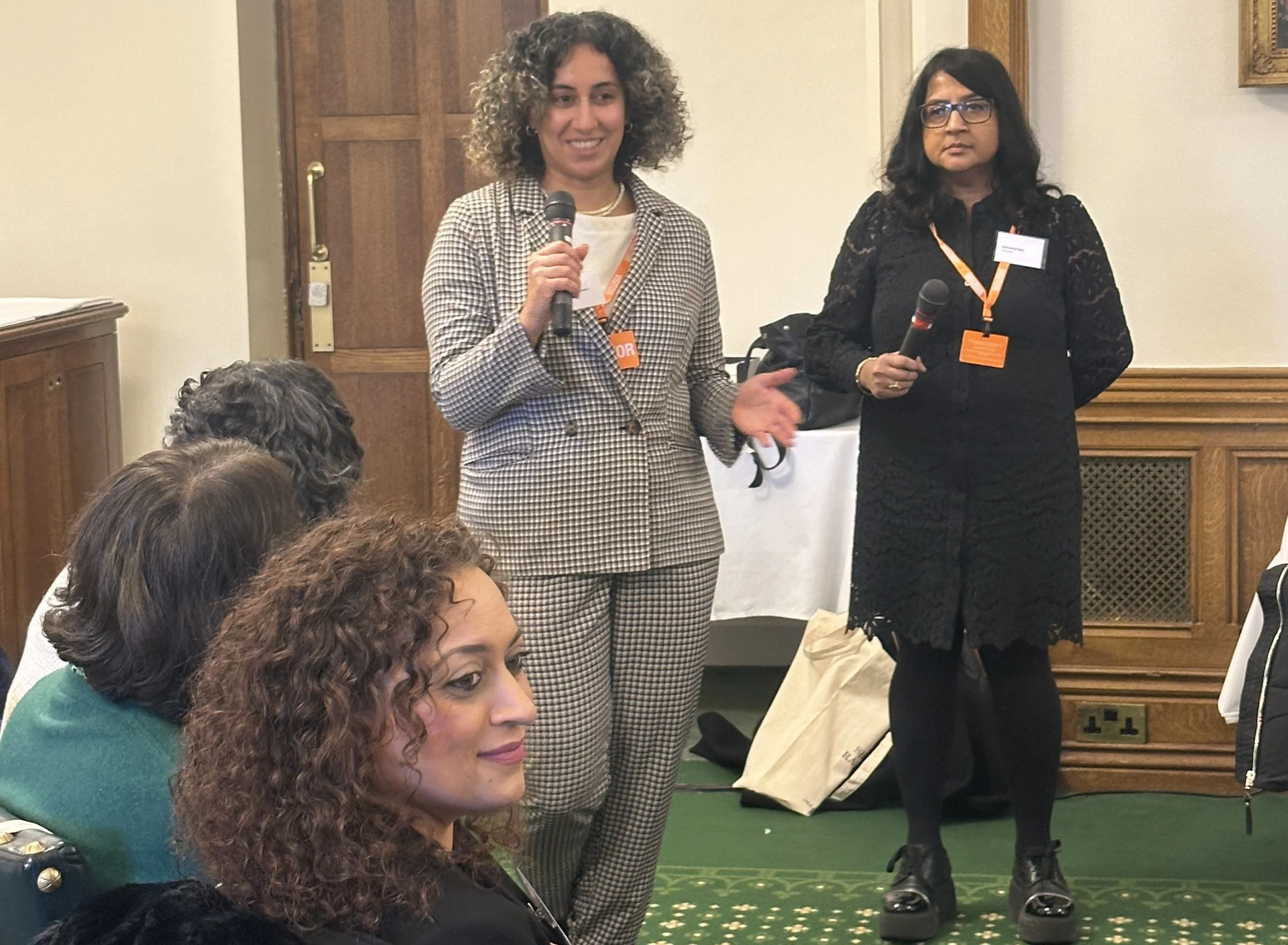
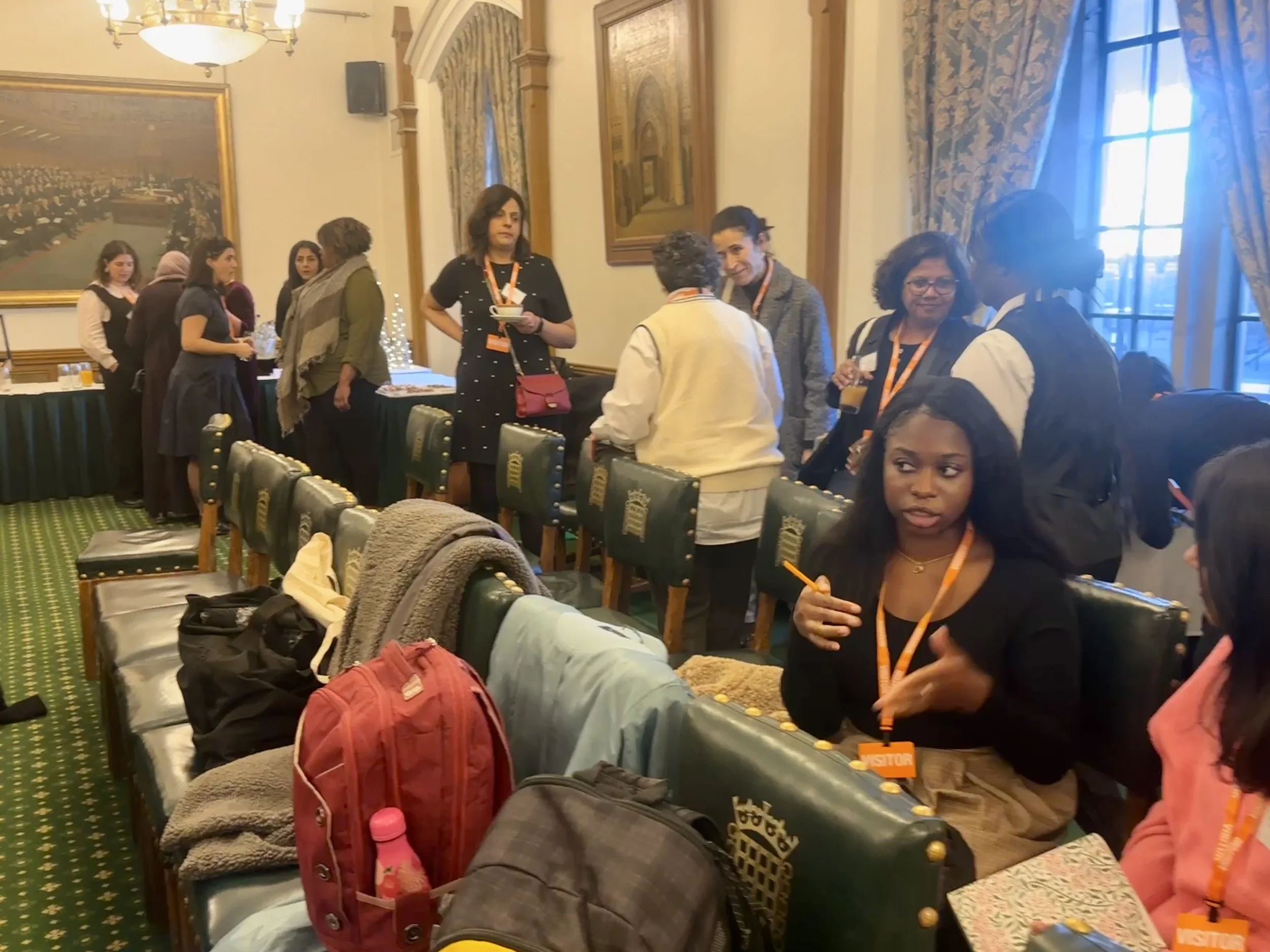
The Event, in short
Hosted in Parliament, Why Should Our Rage Be Tidy? was presented as a critical tool to address the intersections of violence, abuse, trauma, and mental health, driving home the urgent need for systemic and structural change. This event marked a pivotal moment to advocate for fair and sustainable funding, policy reform, and accountability in centring the lived experiences of Black and minoritised women.
Throughout the day, Imkaan Co-Director Ghadah Alnassar, report authors Sumanta Roy (Imkaan), Dr. Akima Thomas (WGN), and Prof. Ravi Thiara (University of Warwick), alongside survivor activists and sector leaders Dawn Butler MP and Nicole Jacobs (Domestic Abuse Commissioner) came together to share key insights, lived experiences, and actionable recommendations for change-makers. Across the day, the event covered:
The systemic nature of violence
We highlighted how structural inequalities and institutional failures intensify the intersections of violence, trauma, and mental health struggles for Black and minoritised women. Central to this discussion were both the robust research findings and the lived experiences of Black and minoritised female survivors.
Survivor-centred solutions and accountability:
We emphasised the importance of centring Black and minoritised women’s lived experiences to shape trauma-informed responses, and presented a survivor’s Charter for change, a framework to embed justice, equity, and accountability into policies and services.
Pathways to Change:
The report outlines a clear roadmap for dismantling systemic barriers, offering actionable recommendations for policymakers and practitioners. These include policy reforms, trauma-informed approaches, and equitable funding for ‘by and for’ specialist services. Imkaan Co-Director Ghadah Alnasseri emphasised the urgency of addressing these barriers to ensure justice and healing for survivors.
Voices of influence championing change
Dawn Butler MP
We are immensely grateful to Dawn Butler MP for hosting the event and for her unwavering allyship.
In a powerful moment during a Westminster Hall debate last week, Dawn brought Why Should Our Rage Be Tidy? to the attention of policymakers, urging them to take the findings seriously. She called for systemic changes, including amendments to the Editors’ Code to ensure dignified and accurate reporting, fair handling of cases, and justice for survivors of violence and abuse.
This vital spotlight demonstrates how the report can guide policymakers and allies alike toward addressing the intersecting injustices that Black and minoritised women face. Dawn’s calls to action serve as a powerful reminder that meaningful change requires collective action, accountability, and a commitment to centring the voices of those most impacted. We deeply appreciate her dedication to ensuring our work reaches the decision-makers and systems capable of driving the reforms we urgently need.
Dawn Butler MP, amplifying our report and championing our calls for change during a Westminster Hall debate, following our Event.
Nicole Jacobs, Domestic Abuse Commissioner
Nicole Jacobs, the Domestic Abuse Commissioner, also spoke during our parliamentary event, describing Why Should Our Rage Be Tidy? as a crucial tool for tackling violence against Black and minoritised women and girls; and addressing systemic inequalities - a blueprint for transformative change.
She underscored the pressing need for fair and sustainable funding for the ‘by and for’ specialist sector, recognising these organisations as uniquely equipped to dismantle intersecting barriers faced by Black and minoritised women.
Nicole reinforced our call to prioritise the lived experiences of Black and minoritised women in shaping policies and delivering services, framing funding as a necessity and a catalyst, for transformative change.
Driving Change:
Perspectives from the Report Authors
The insights within Why Should Our Rage Be Tidy? stem from the meticulous research and expertise of three esteemed authors, each contributing unique and vital perspectives. Together, these authors illuminated the urgency of reimagining systems, policies, and practices to prioritise the needs of those most marginalised. Their combined expertise not only shaped the report but also galvanised the audience to consider their role in advancing its recommendations. Attendees of the event heard directly from:
Survivor Activists: The Heart of the Day
At the core of the event - just like the report - were survivor activists, whose voices served as a poignant reminder of what is at stake. These courageous women shared deeply personal testimonies, highlighting the tangible and often invisible impacts of violence, trauma, and systemic neglect.
Through their words, the audience was reminded of the real human cost behind the statistics. They described the ongoing struggles of navigating services that are underfunded, culturally insensitive, or inaccessible - and how these systemic failures exacerbate their pain rather than alleviate it.
The Surviors’ calls for change were clear and uncompromising:
To be treated with dignity and respect by all services.
To see justice systems reformed to protect rather than retraumatise.
To ensure funding and resources reach organisations that truly understand their needs, such as those within the ‘by and for’ specialist sector.
These voices were not just stories of pain - they were stories of resilience and hope, challenging the audience to rethink power, privilege, and collective responsibility to ensure thåt no woman is left behind in the fight to end violence and abuse.
Their participation in this event reaffirmed a central truth of the report: that true progress can only be achieved when the voices of survivors lead the way.
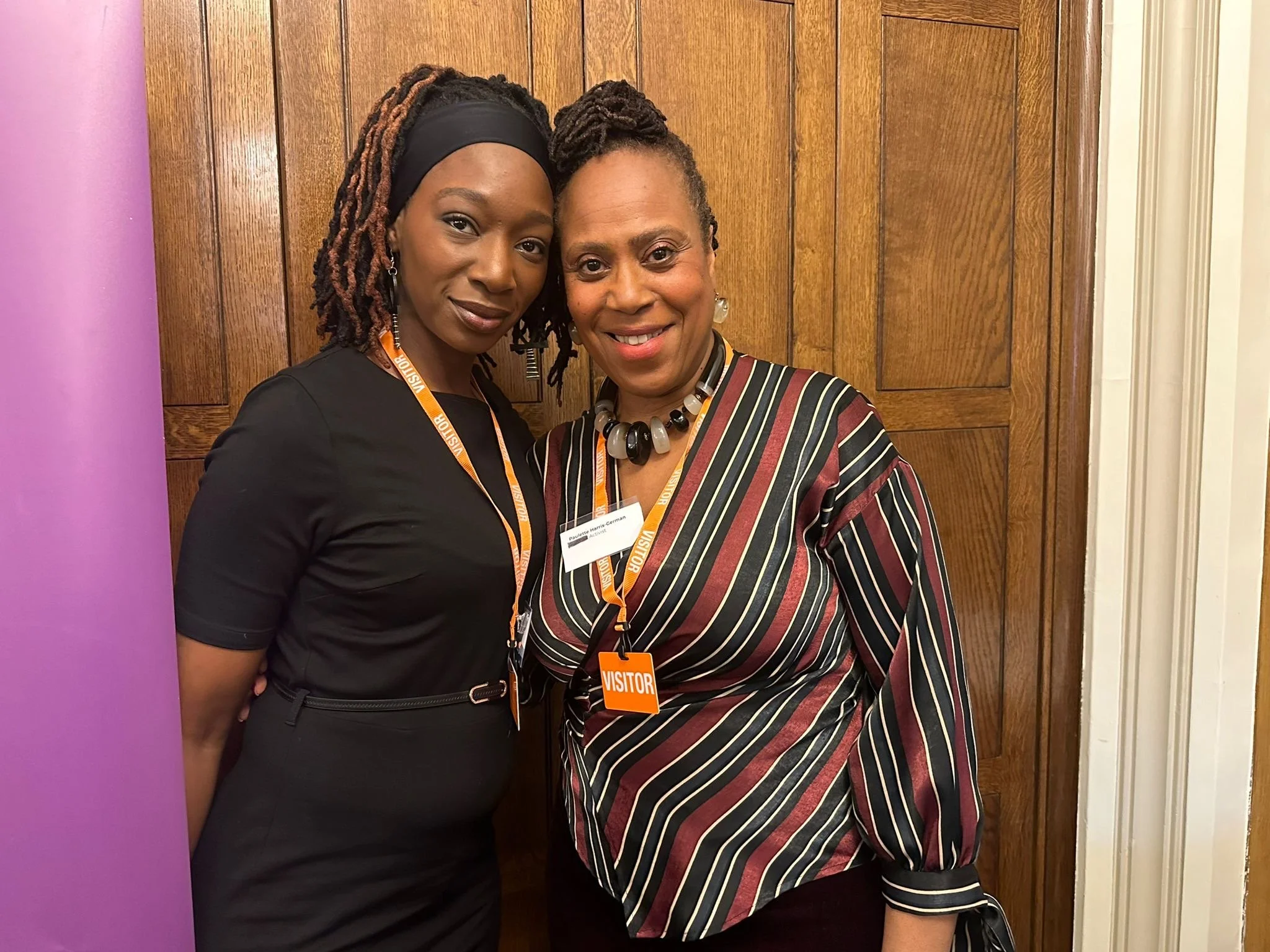
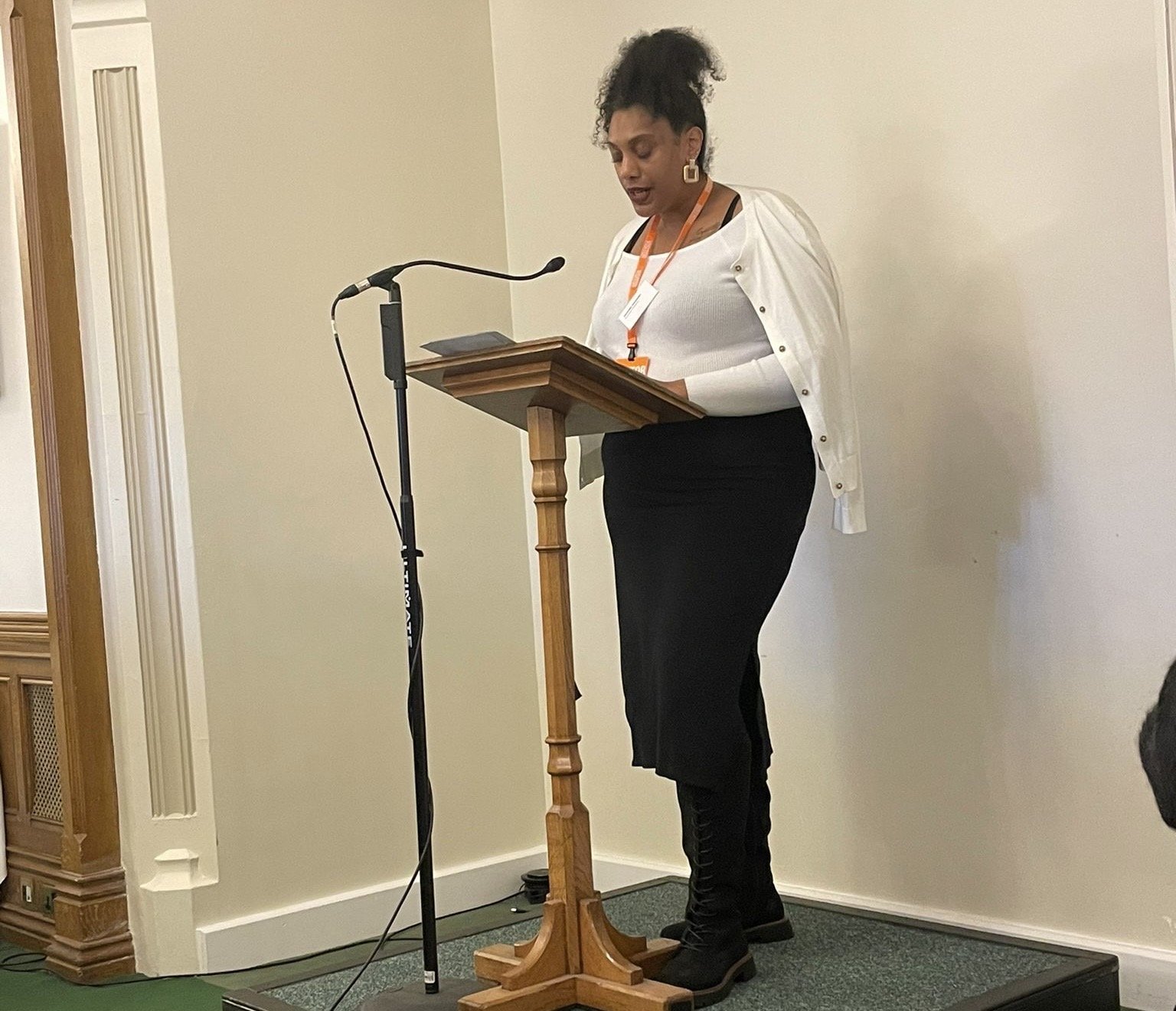
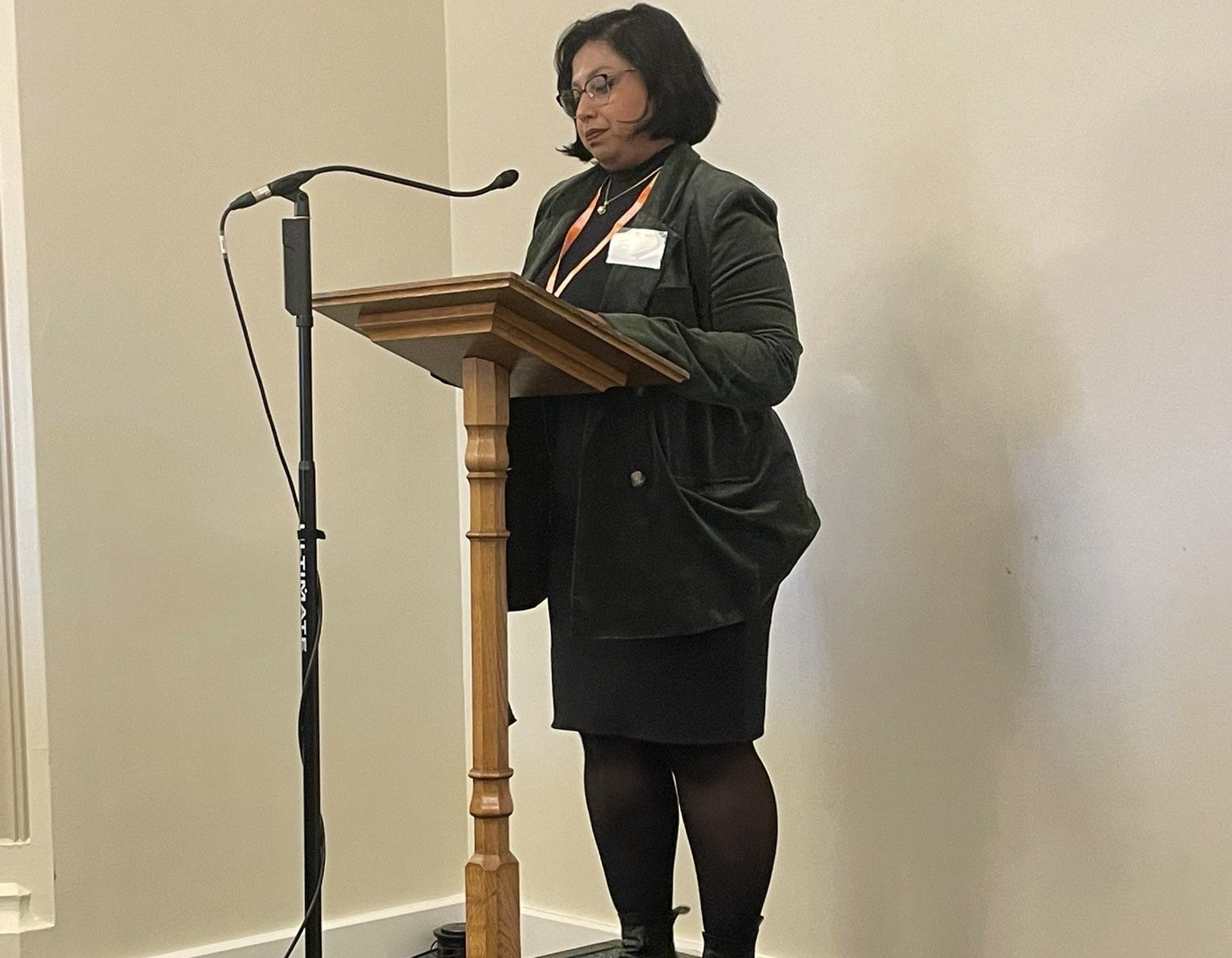
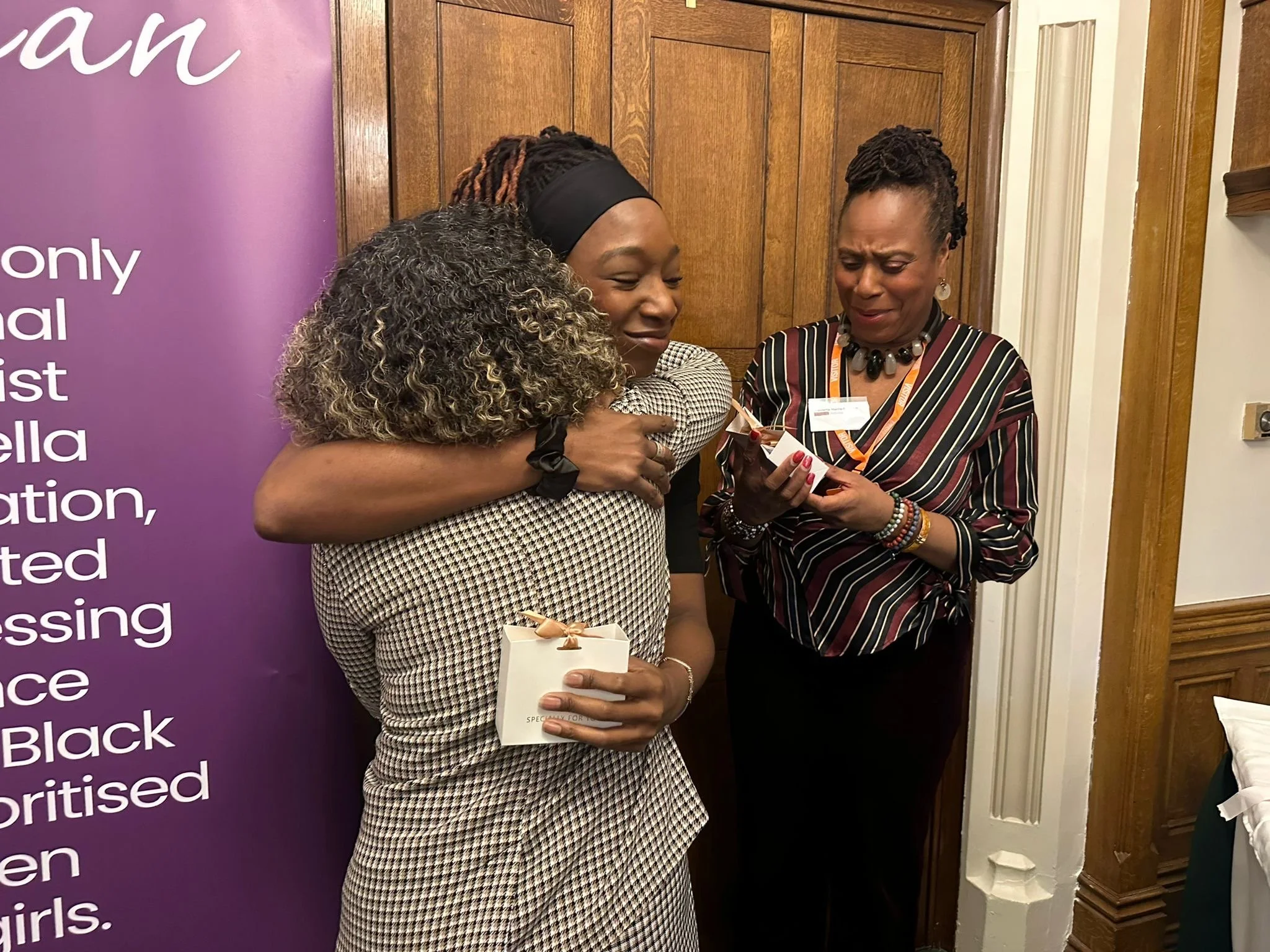
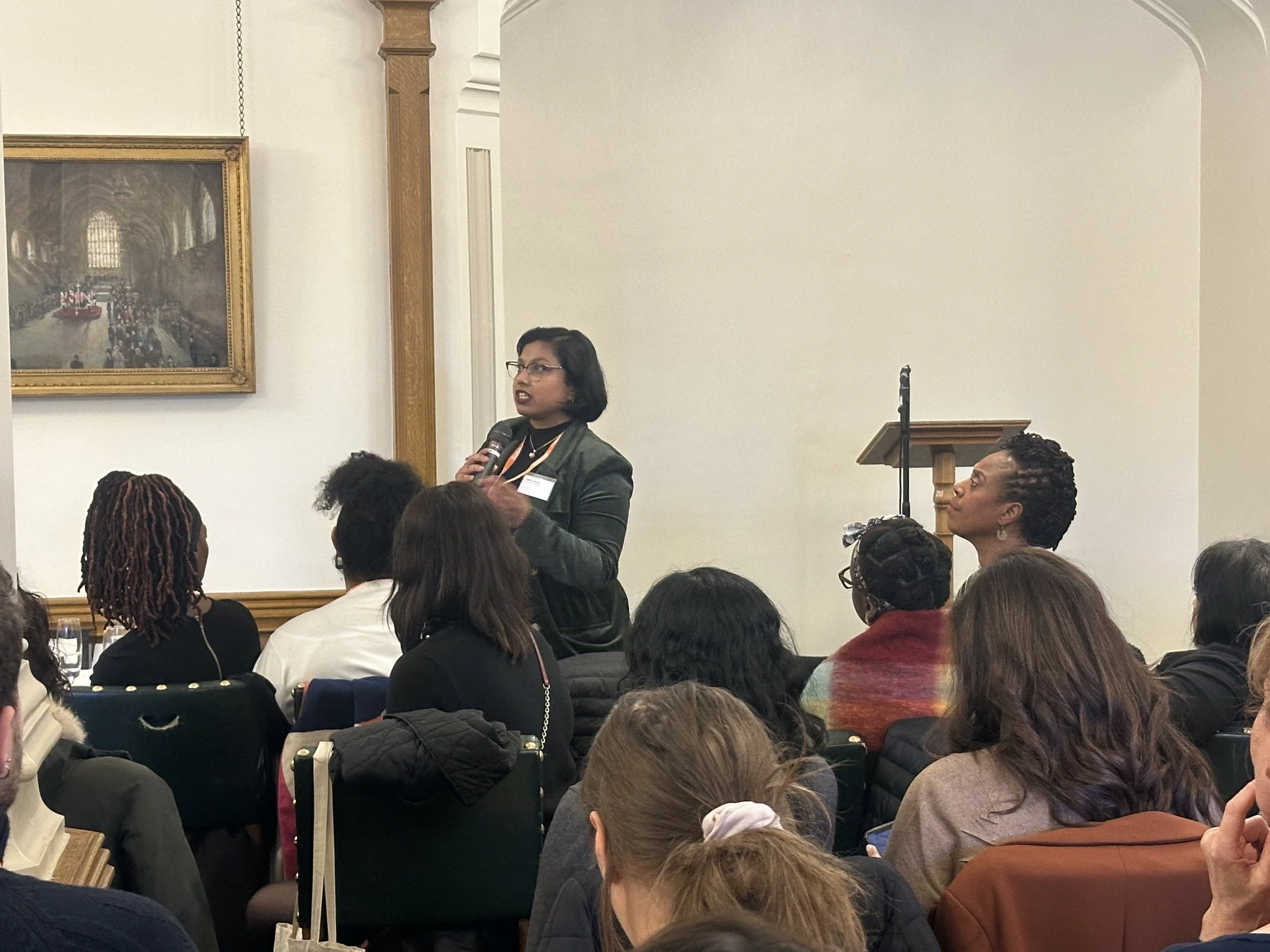
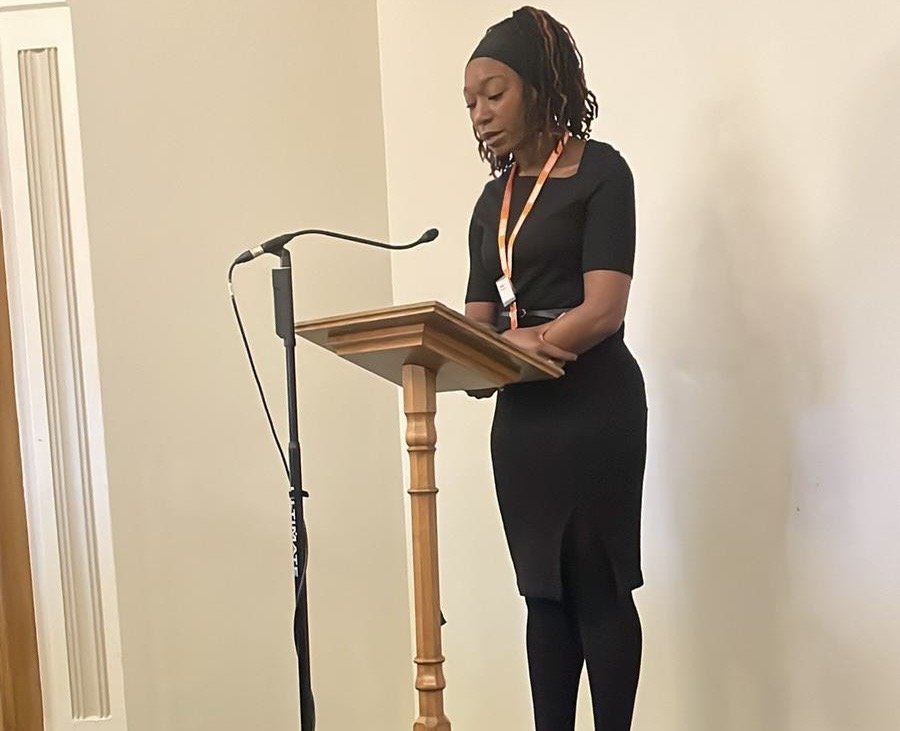
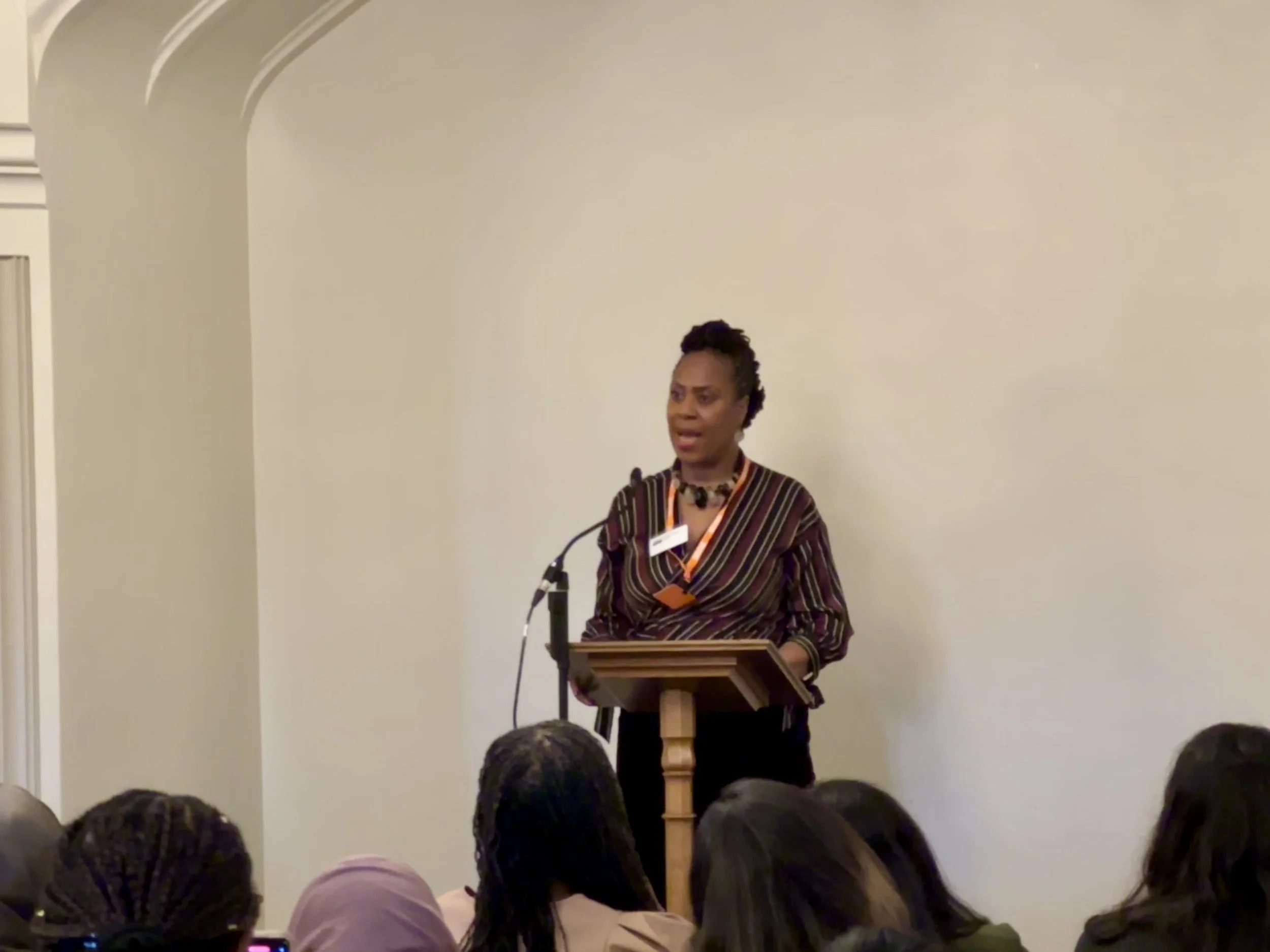
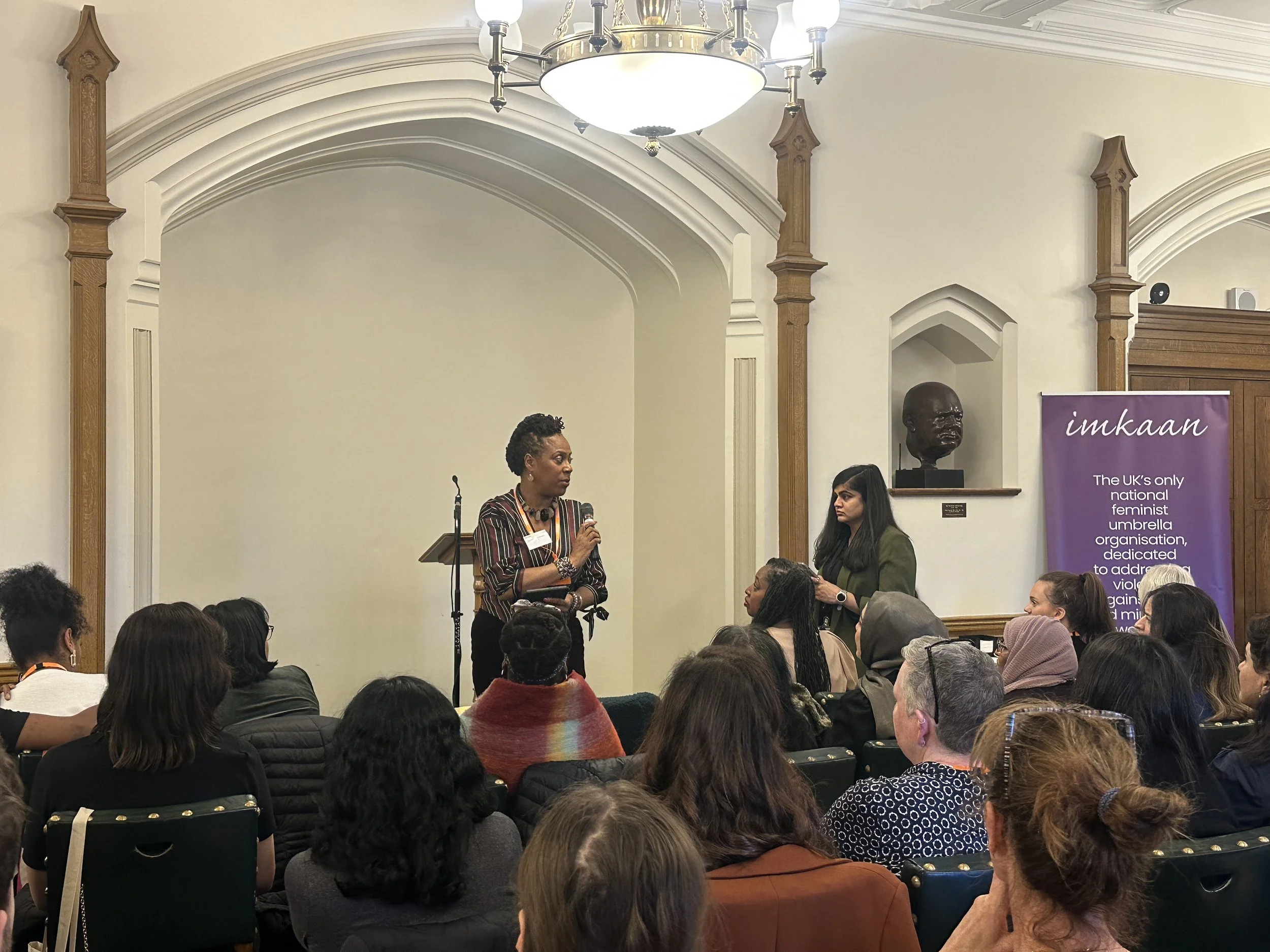
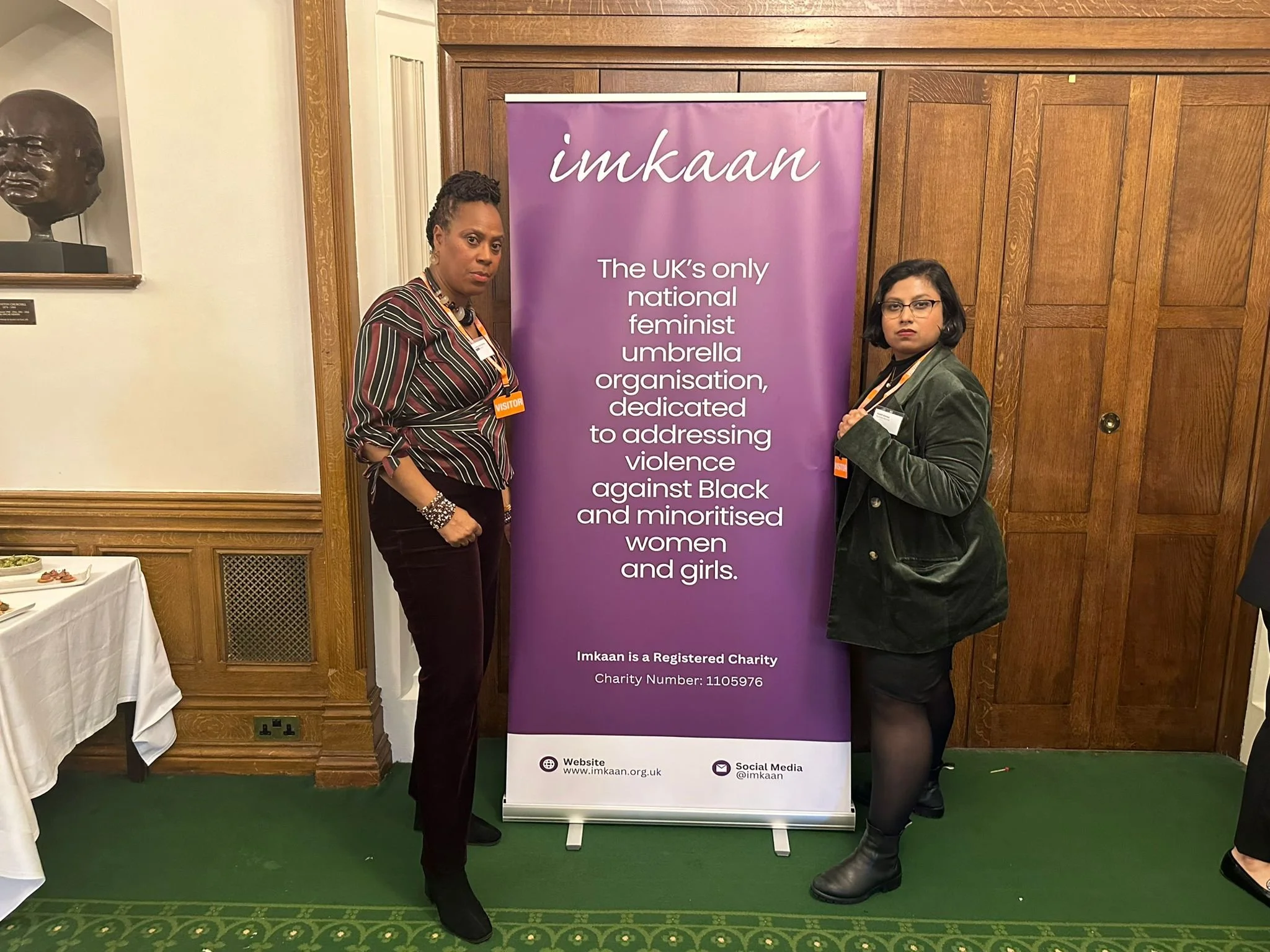
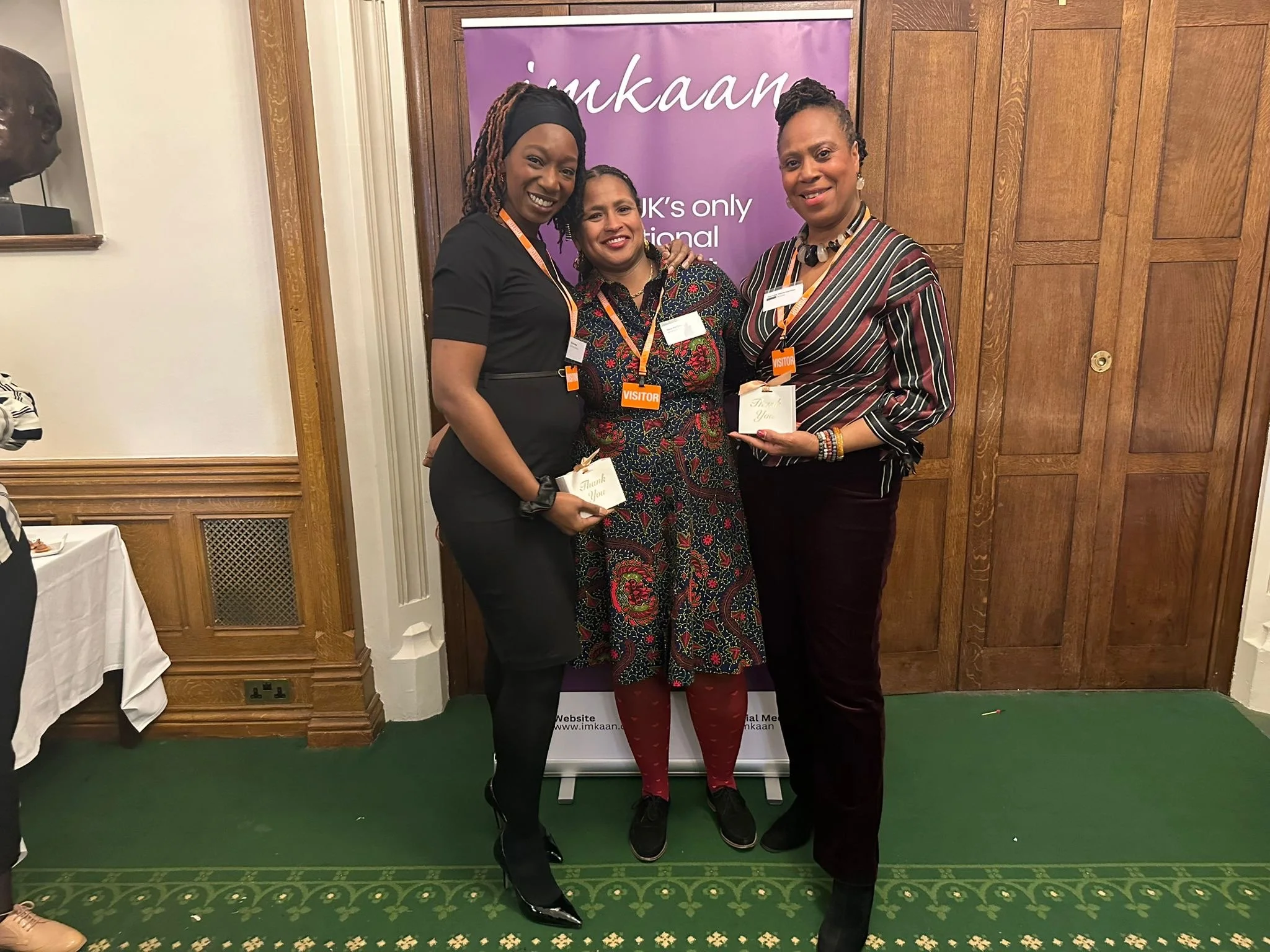
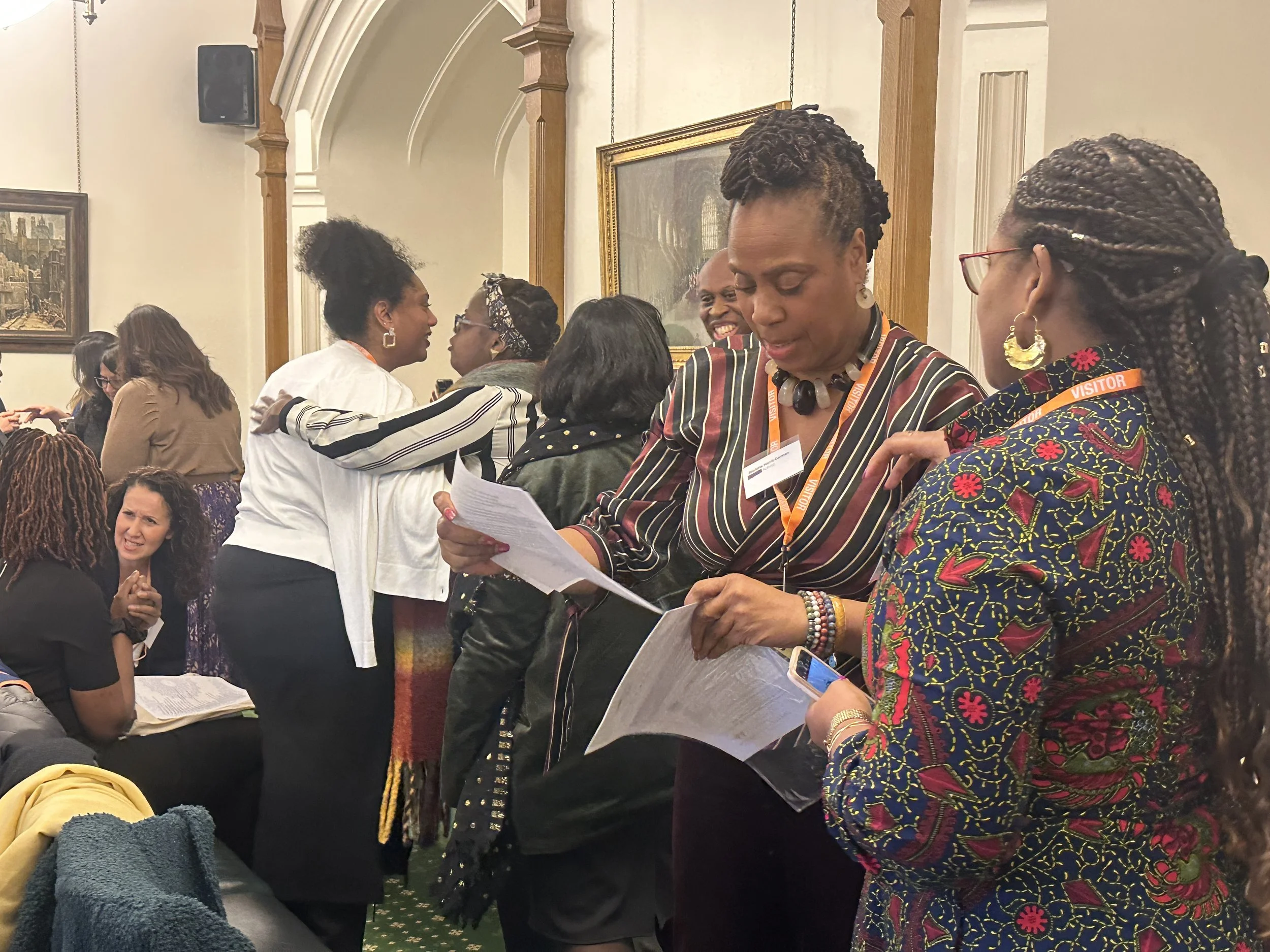
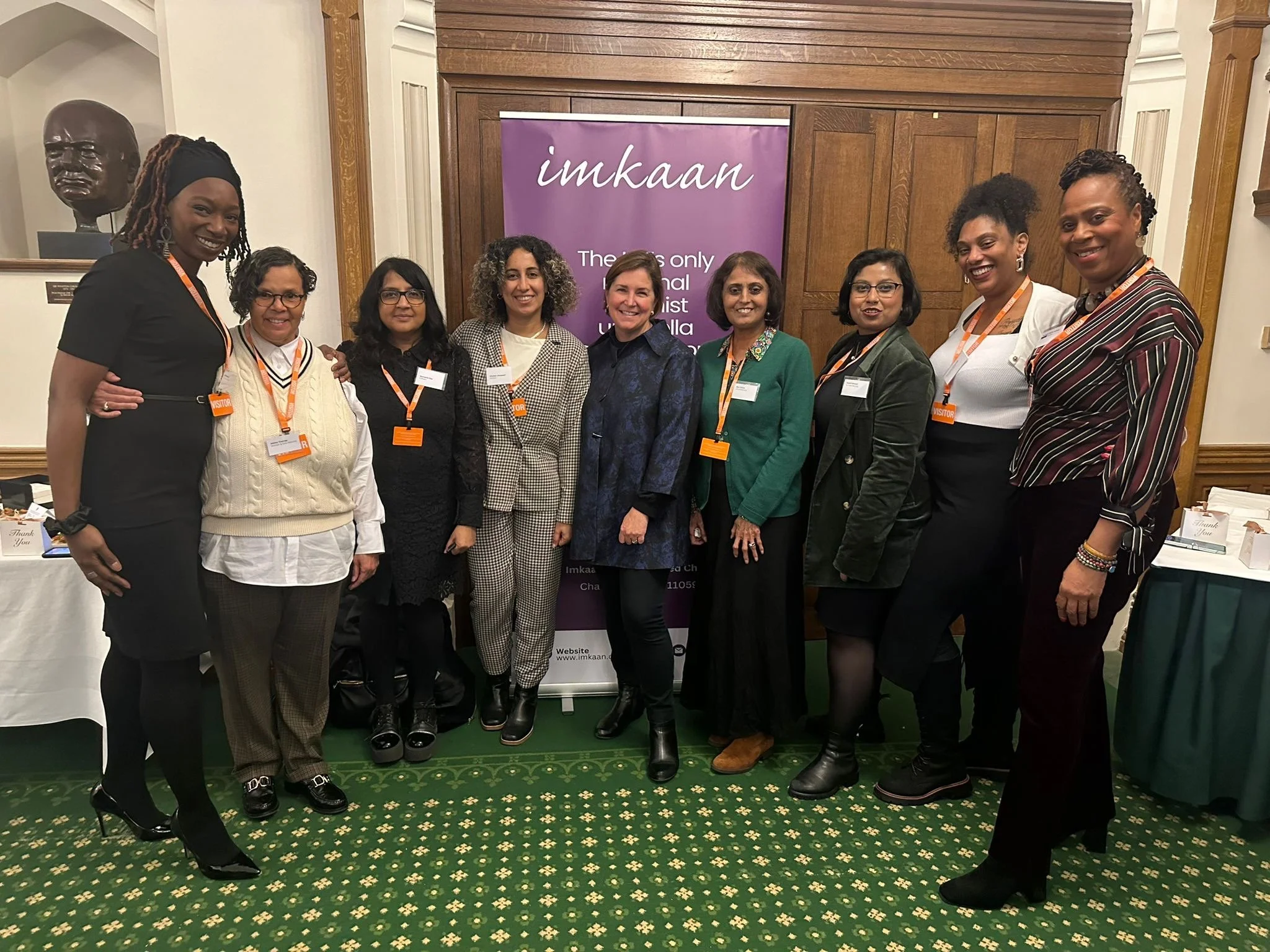
We were honoured to put together ‘Resisting the System’ - a Survivor’s’ Charter for change, a call to action for policymakers and service providers to listen, understand, and, crucially, take the necessary steps to dismantle these barriers.
A blueprint for change, justice and dignity; this Charter represents a commitment to ensuring that Black and minoritised women’s voices are heard and that the systemic changes needed to address violence, trauma, and mental health are prioritised.
The power of unity
This event, and the powerful engagement and discussions that have followed it, has demonstrated the impact we can have when we come together with a shared purpose. It is a reminder that real change requires allyship, solidarity, and persistence. When we amplify the voices of survivors and work alongside policymakers and sector leaders, we can begin to dismantle the systems that enable violence and oppression.
The resounding feedback from the day was a call for continued action. This work cannot end here. We must carry these conversations forward, keeping Black and minoritised survivors’ voices at the centre of every decision.
Next steps
As changemakers, policy leaders, and sector professionals, it is our collective duty to ensure the recommendations of this report are not just read but acted upon. Why Should Our Rage Be Tidy? is not just a report - it is a framework for addressing the intersections of violence, systemic injustice, trauma, and mental health.The accompanying Survivors’ Charter is equally a roadmap for creating equitable systems and practices that prioritize the needs of Black and minoritised women.
Together, they provide the tools and insights needed to confront the deep-rooted barriers Black and minoritised women face, ensuring their voices and lived experiences lead the way to meaningful change.
We invite you to read the full report and join us in putting its recommendations into practice, driving the systemic transformation Black and minoritised women urgently need.
Thank You
To everyone who has contributed to the creation of this report, supported its development, participated in this parliamentary launch event - thank you. Your presence, support, and commitment have made this work possible. To the survivors who courageously shared their stories, you are the heart of this work, and we will continue to fight for the justice and empowerment you deserve.
Now, we must take this momentum forward. Let this be a revival of our collective action to eradicate violence against women and girls.
It takes collective action, courage, and commitment to make a lasting difference. Read the report. Share it. Raise your voice in support.

























